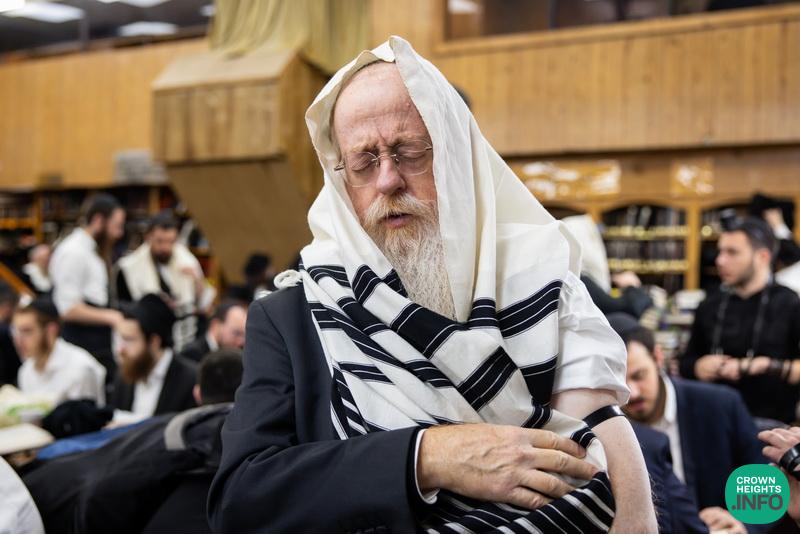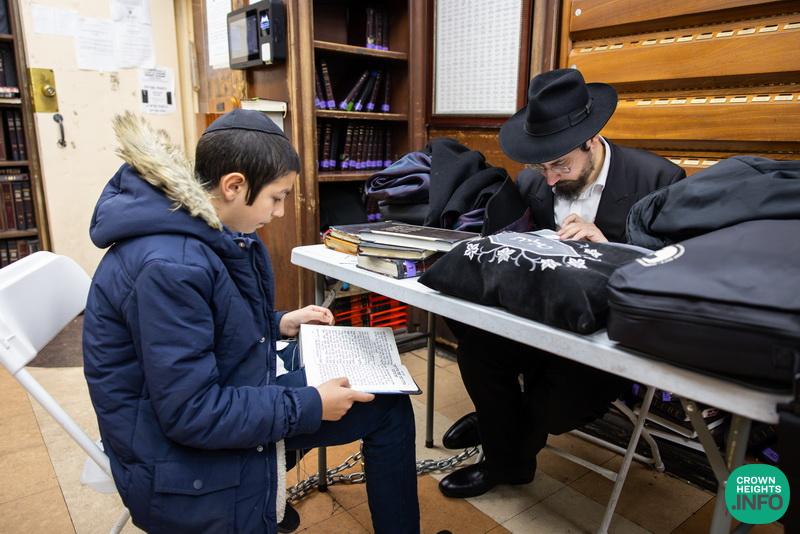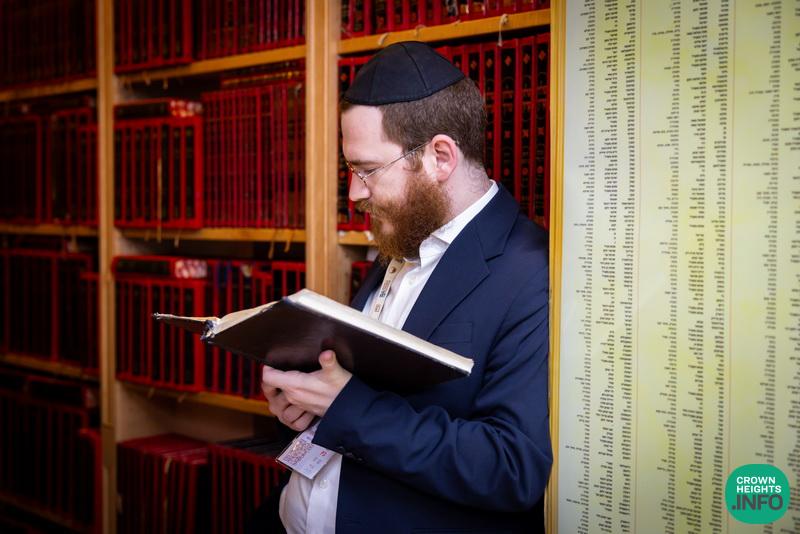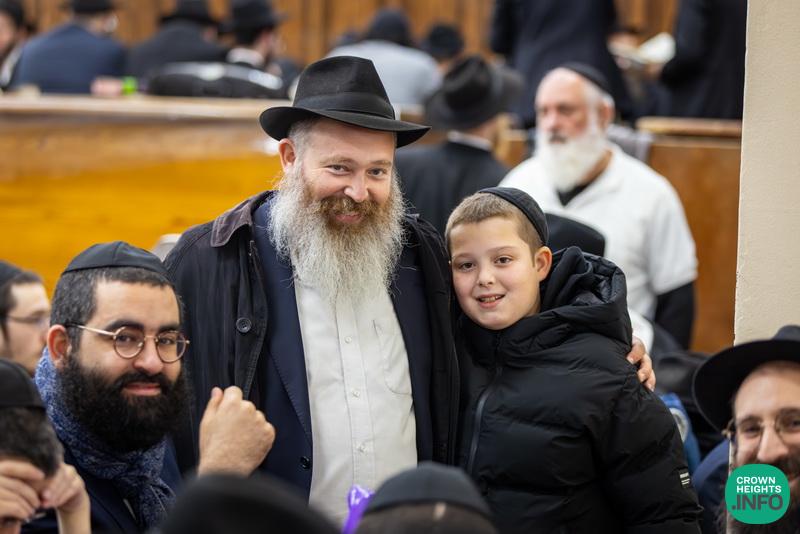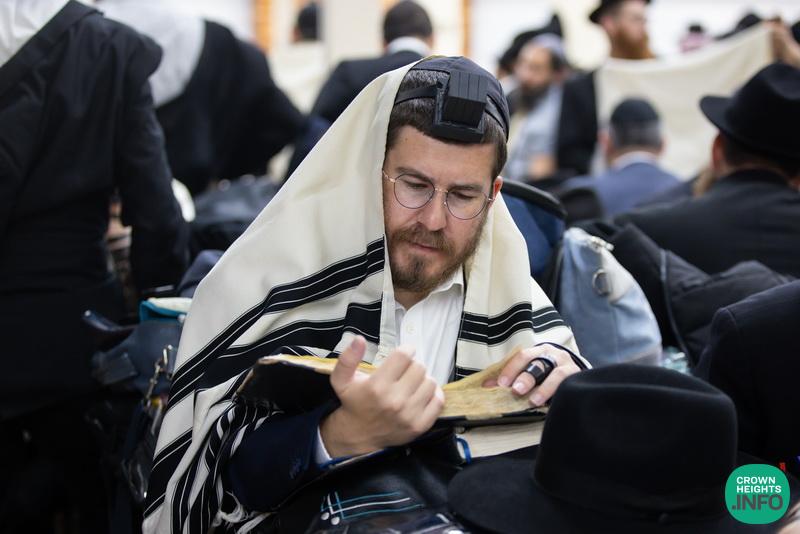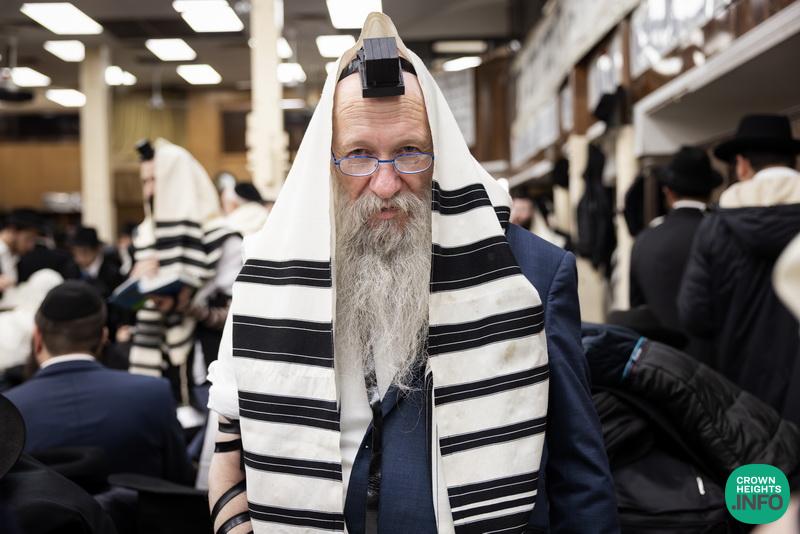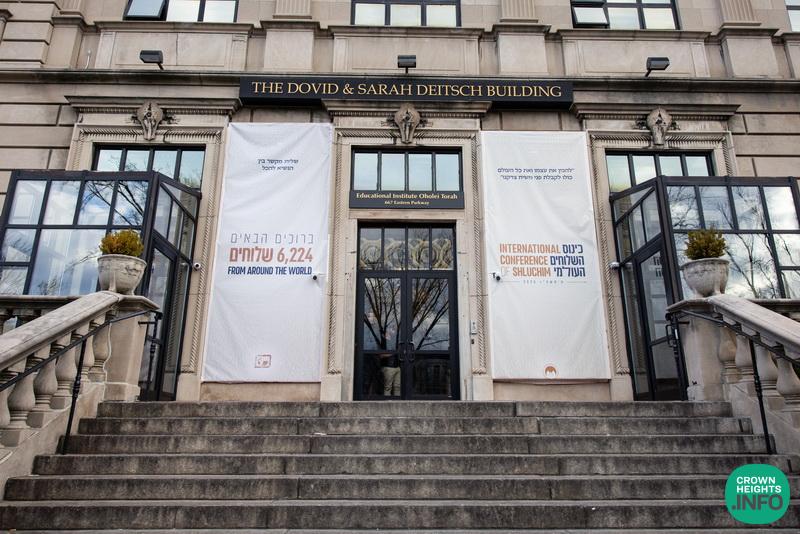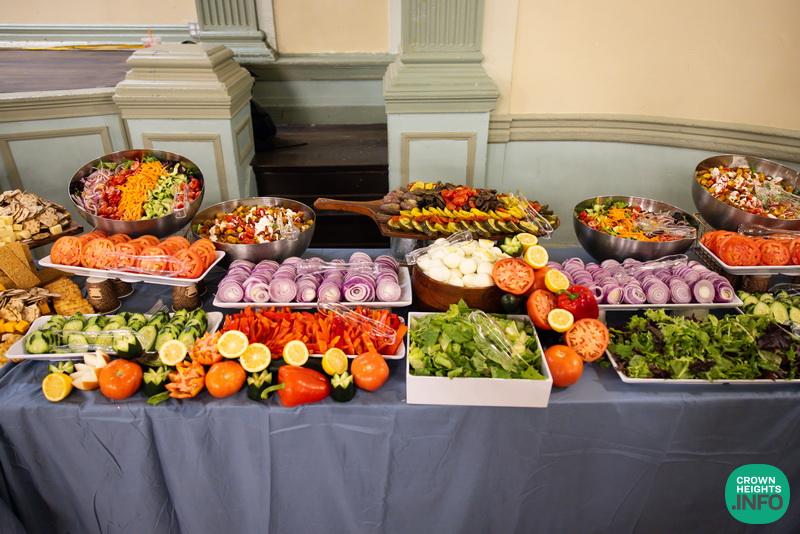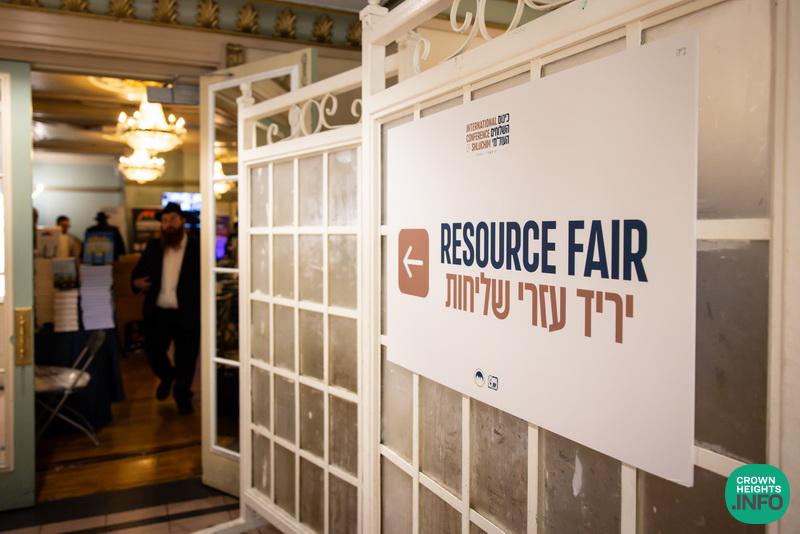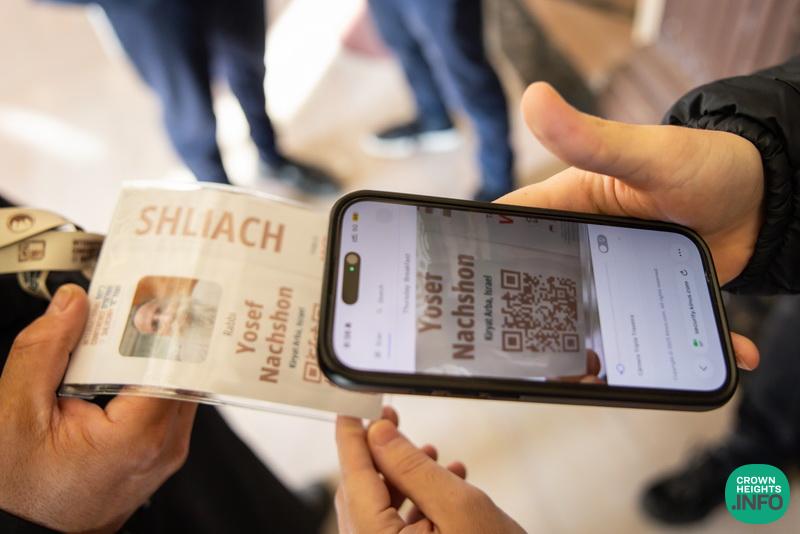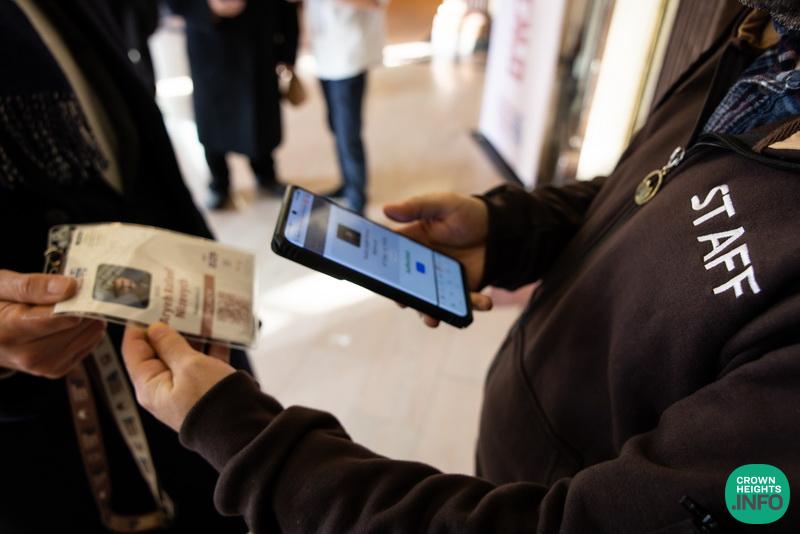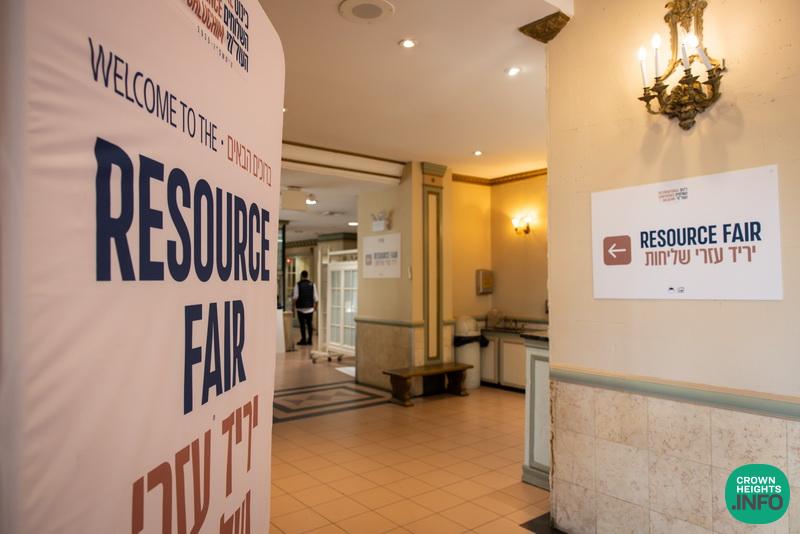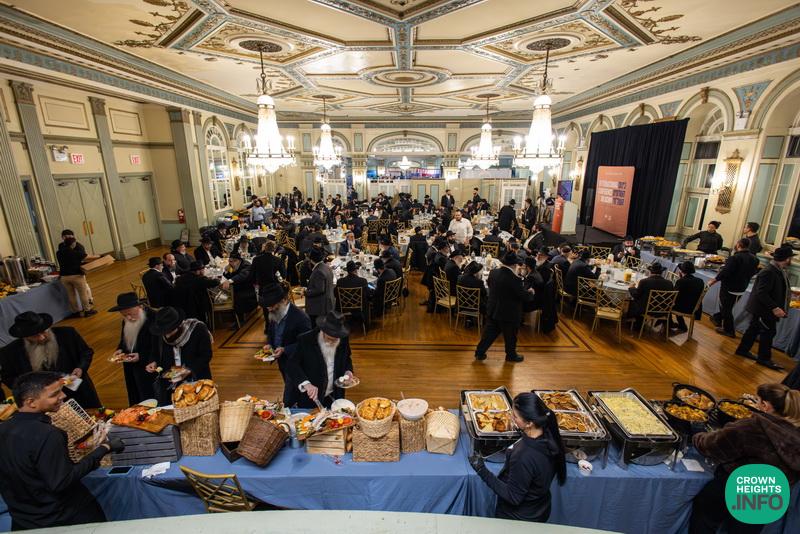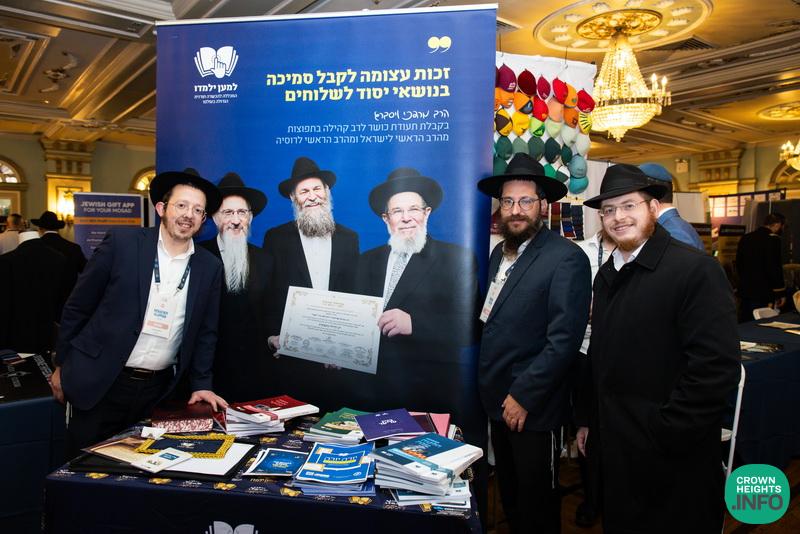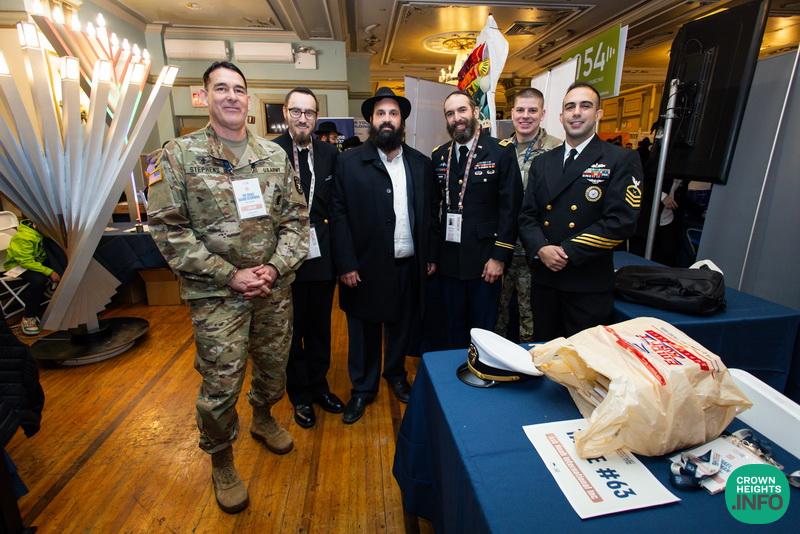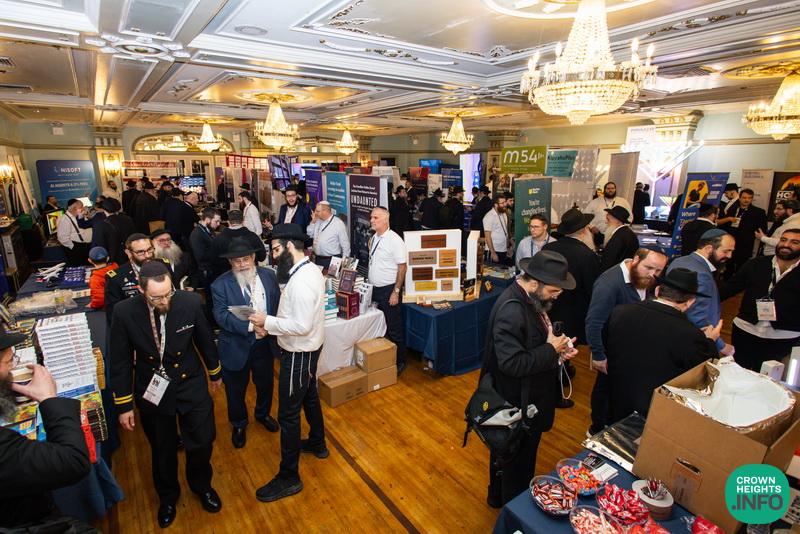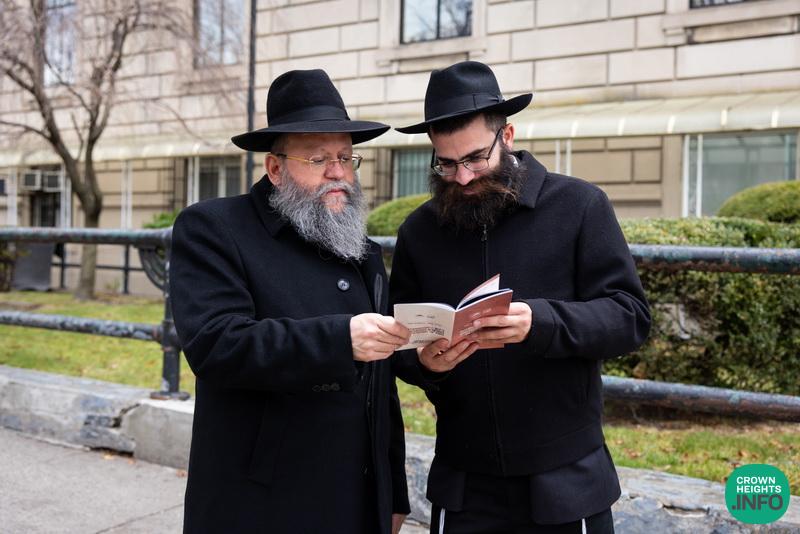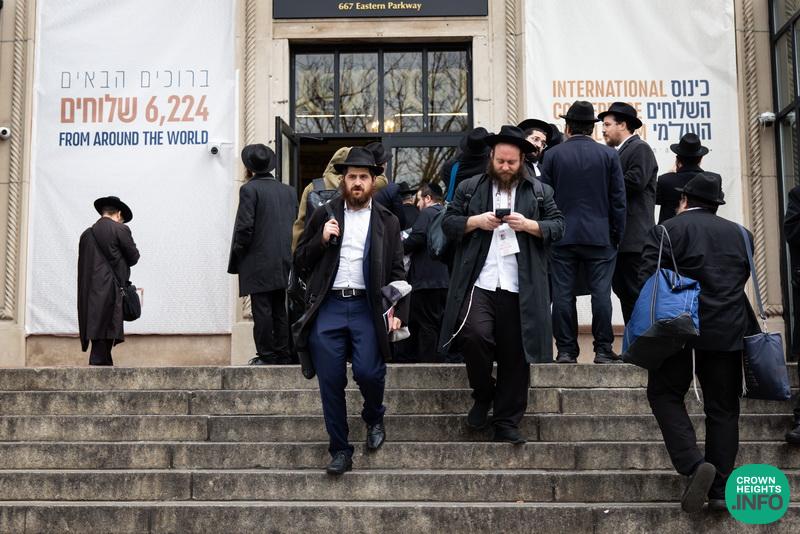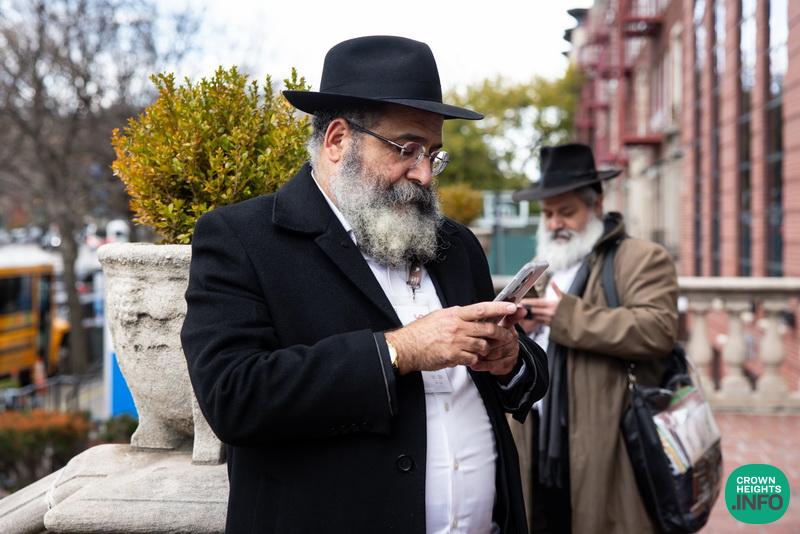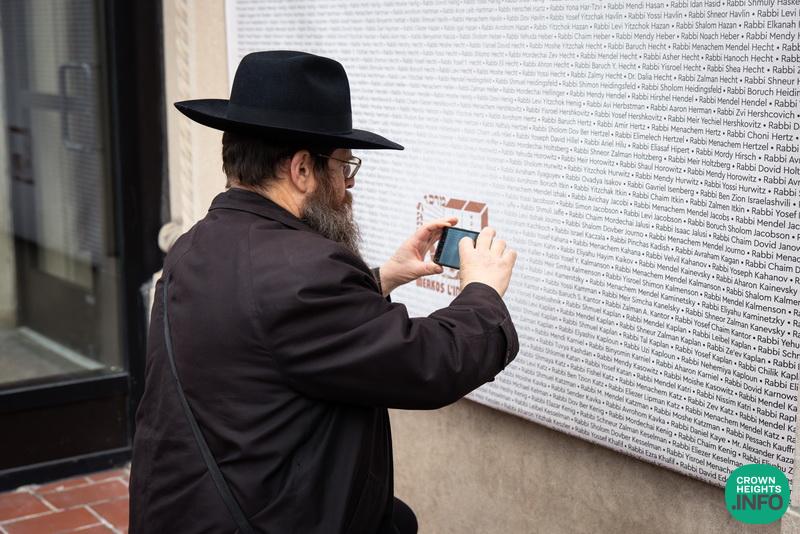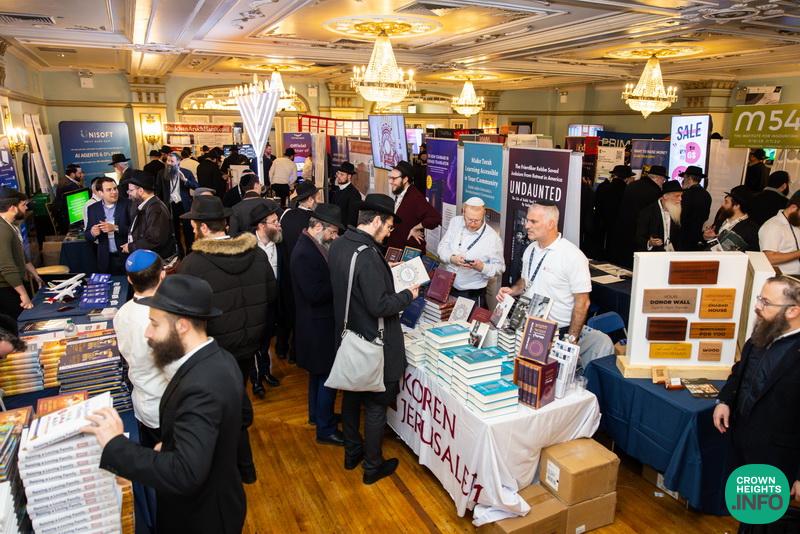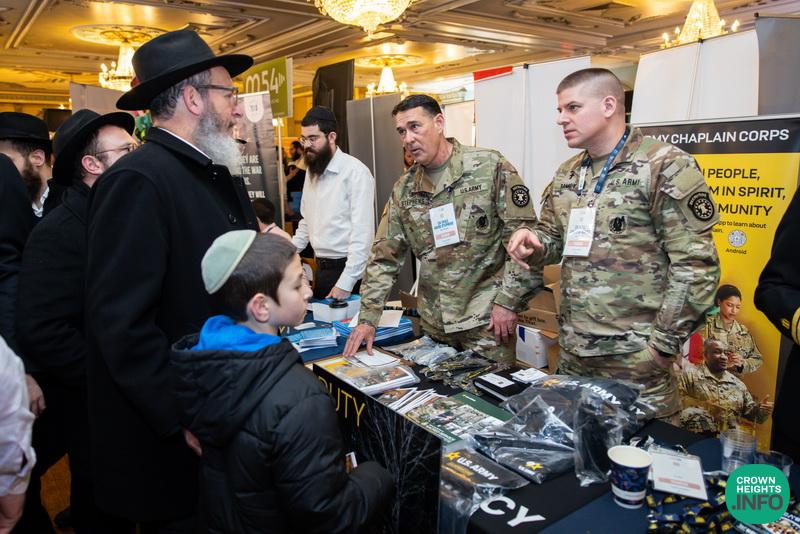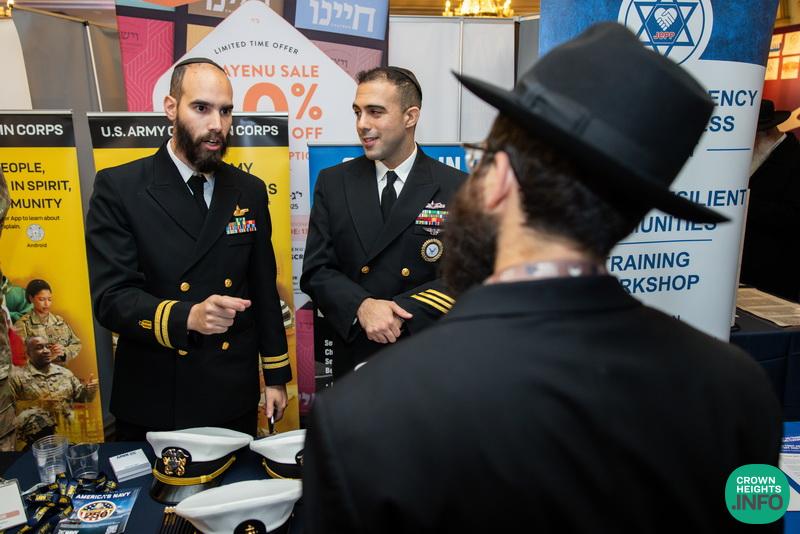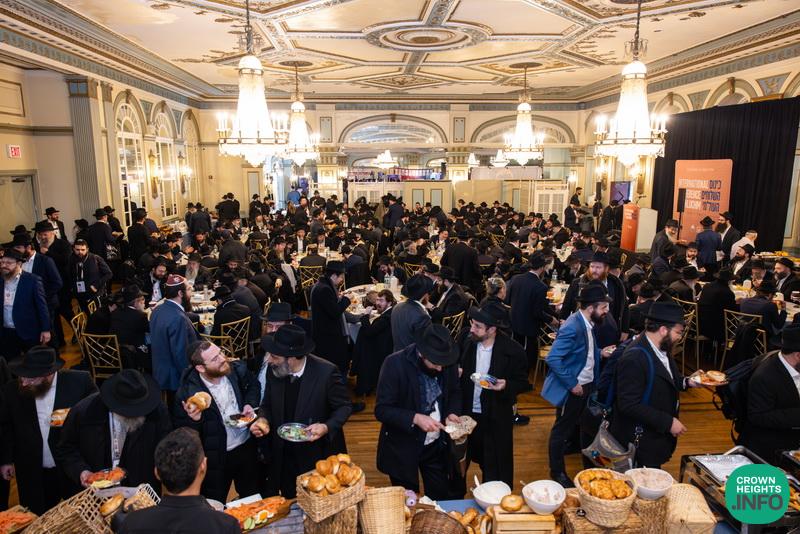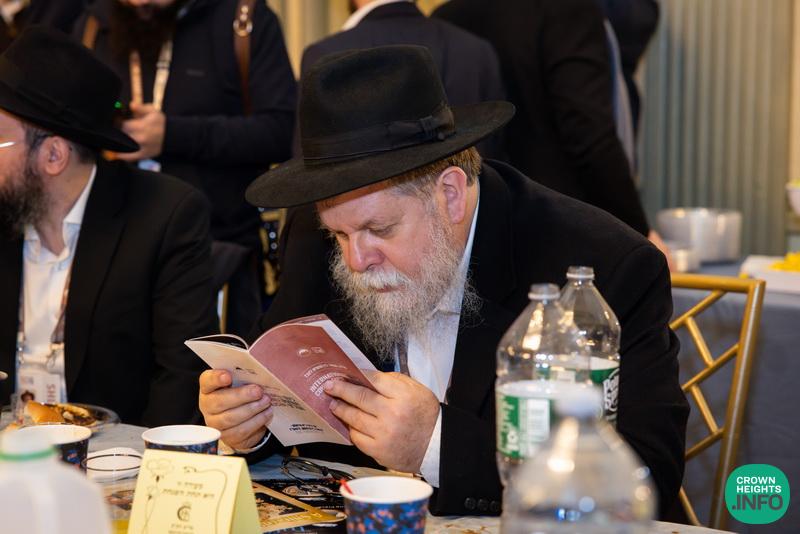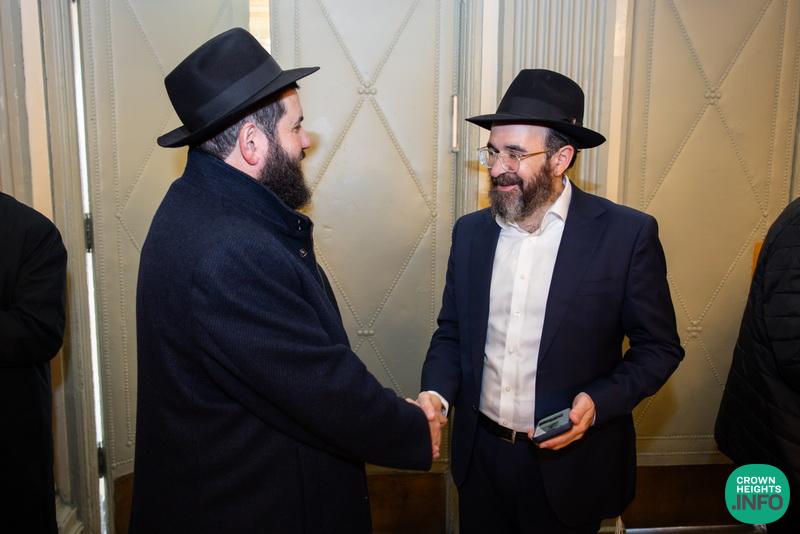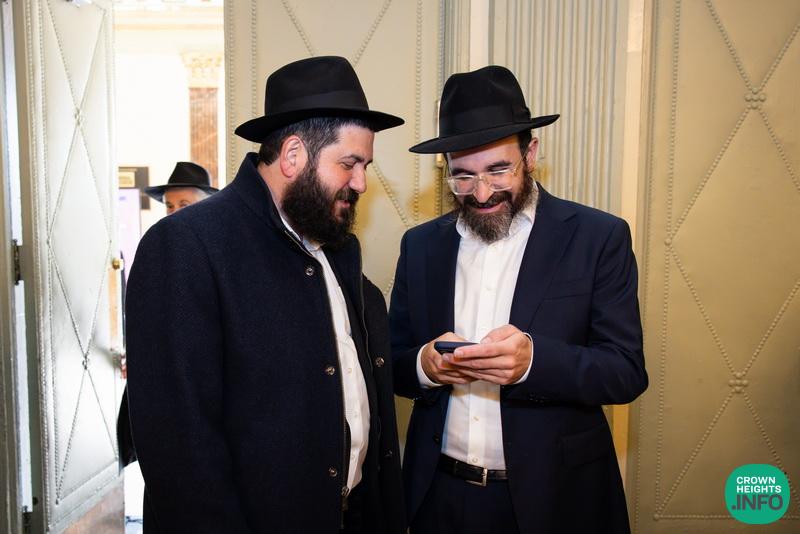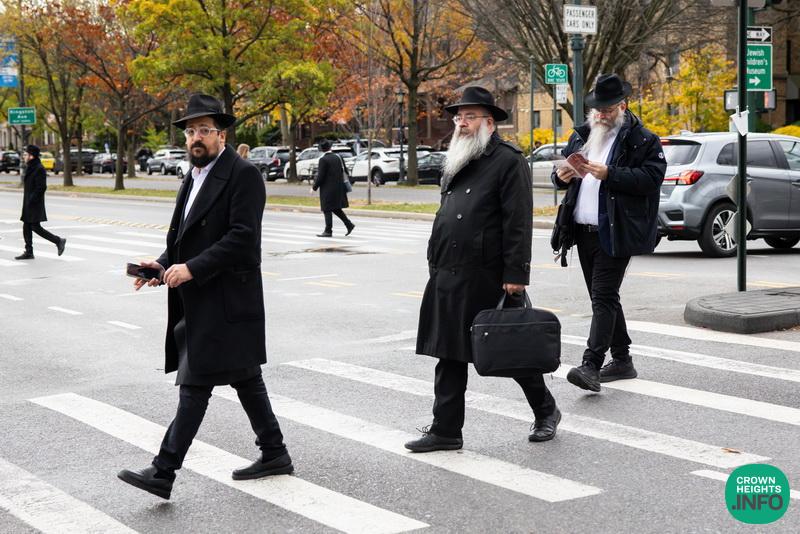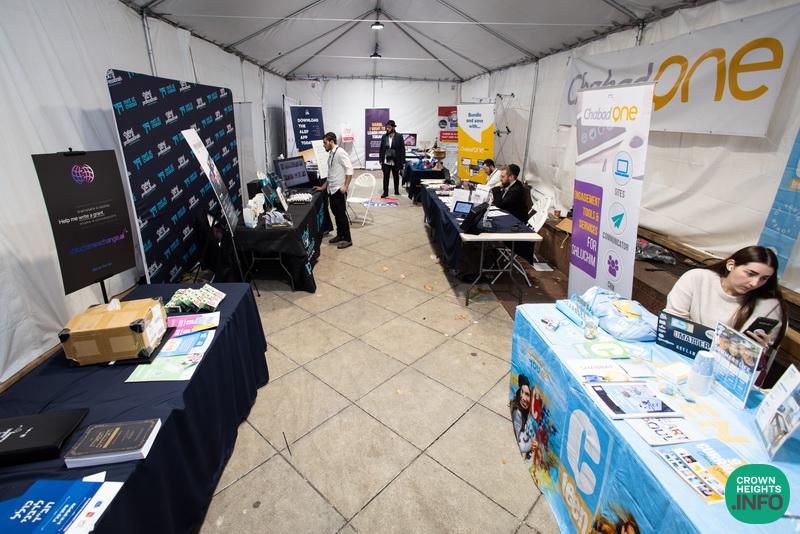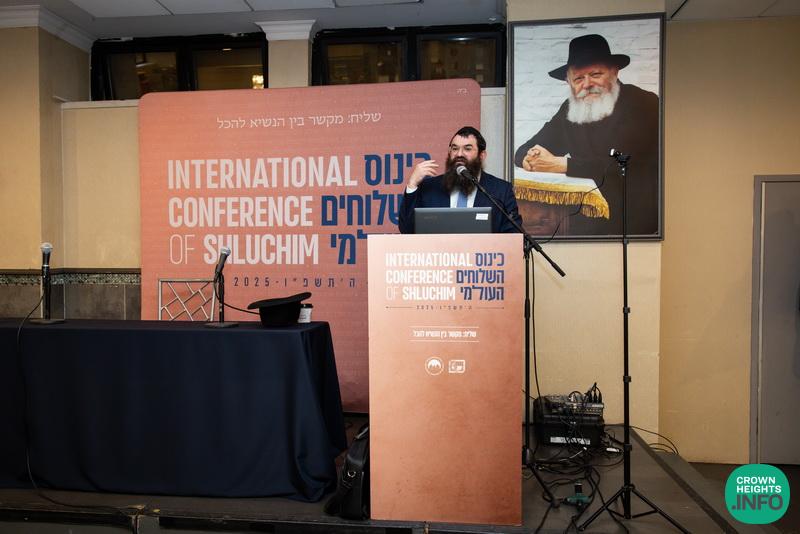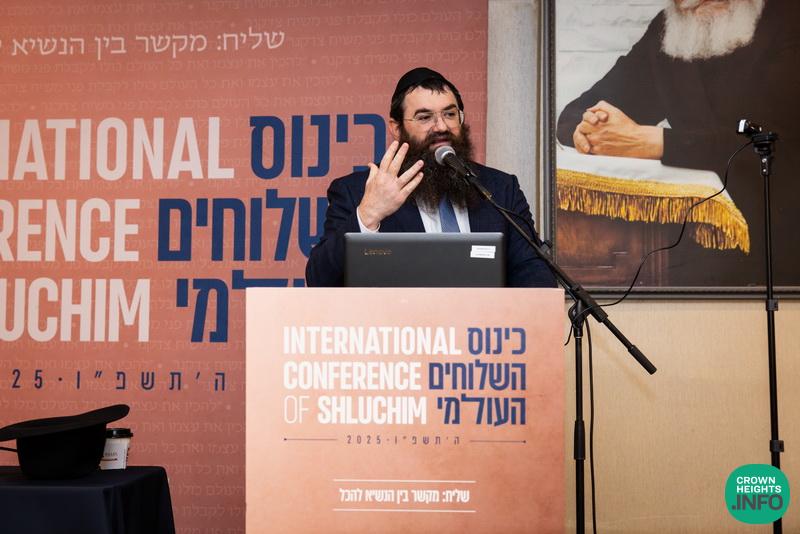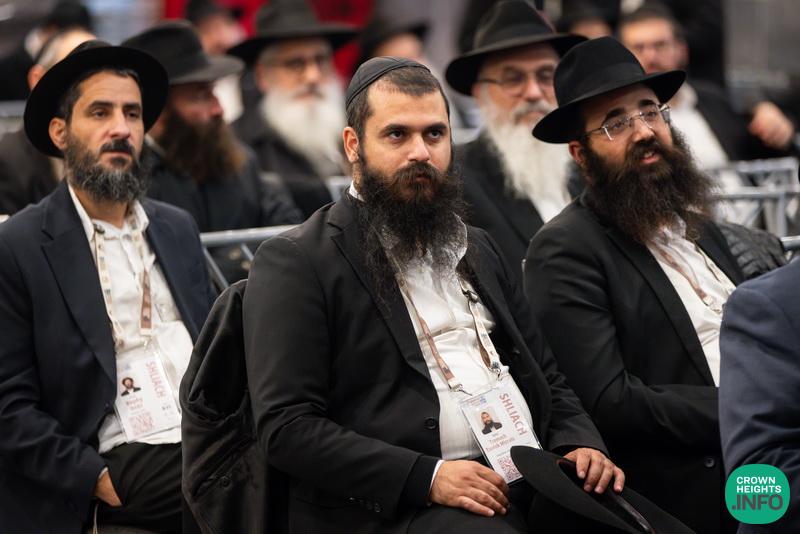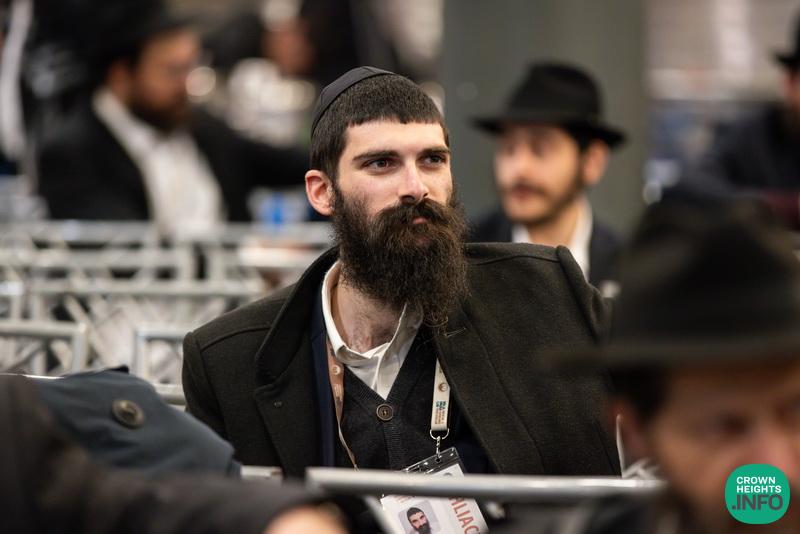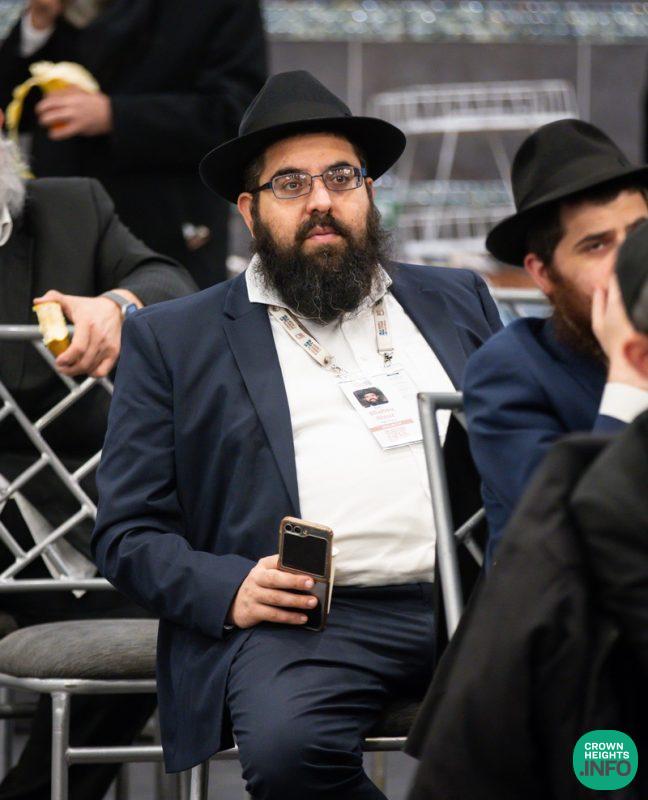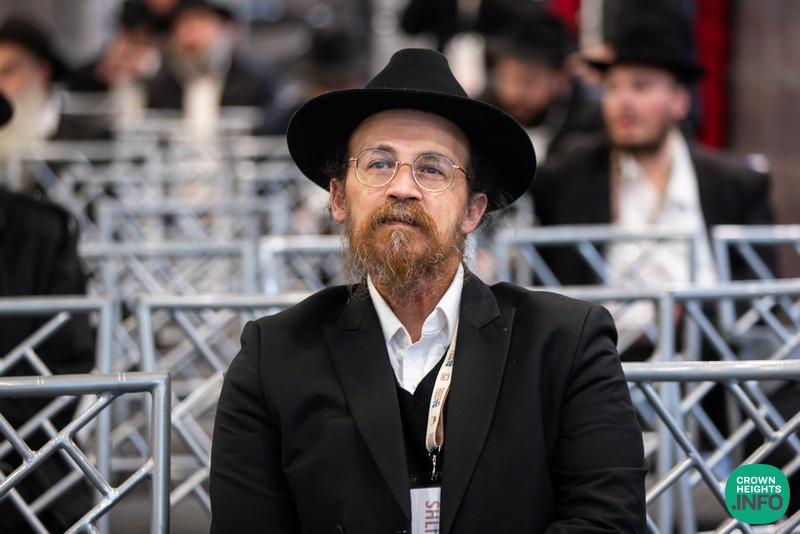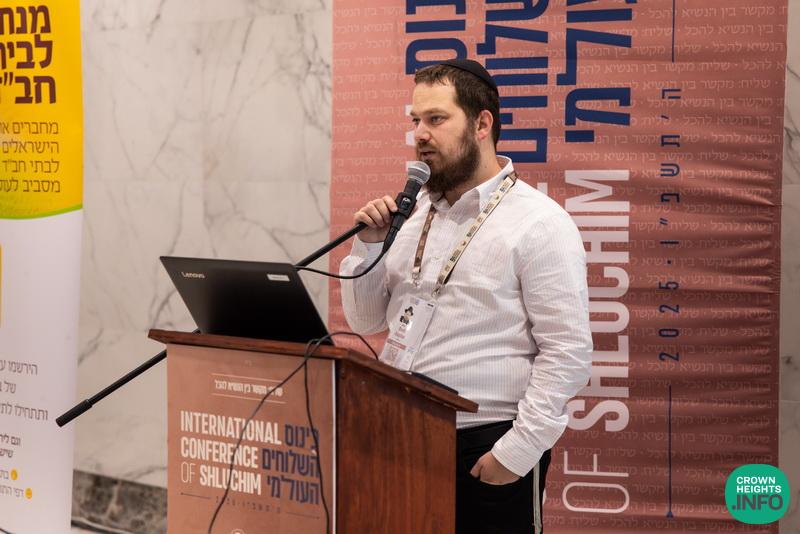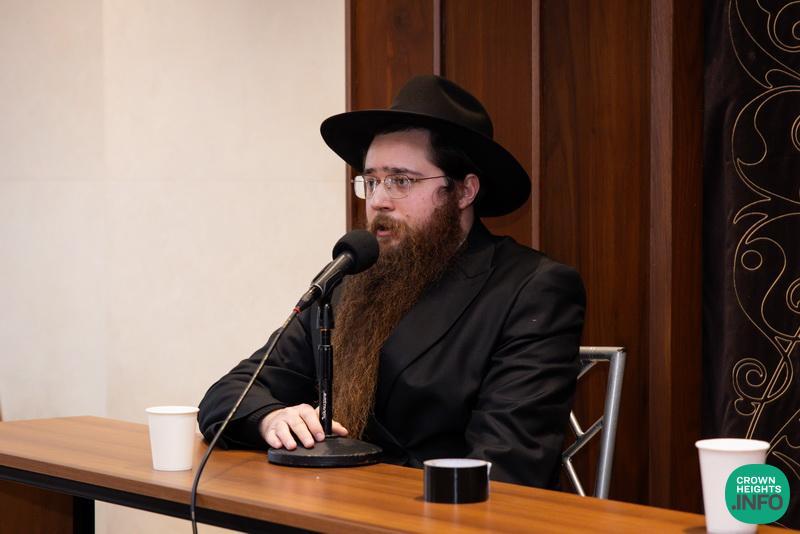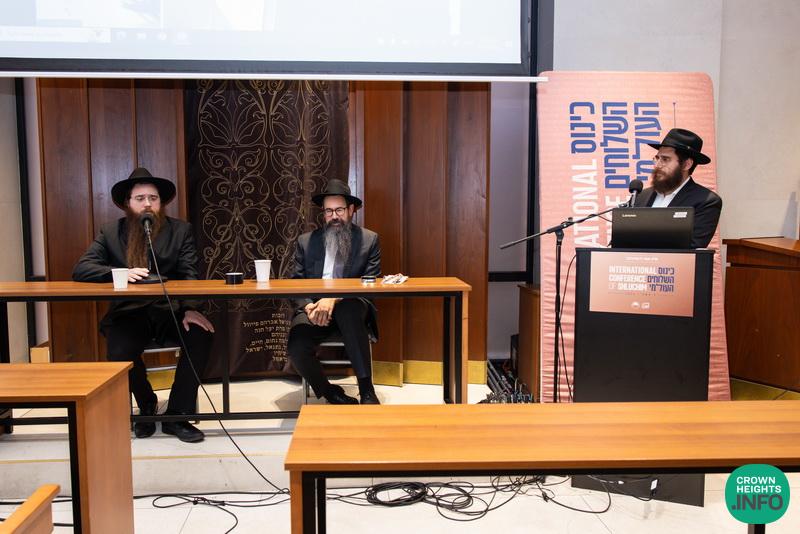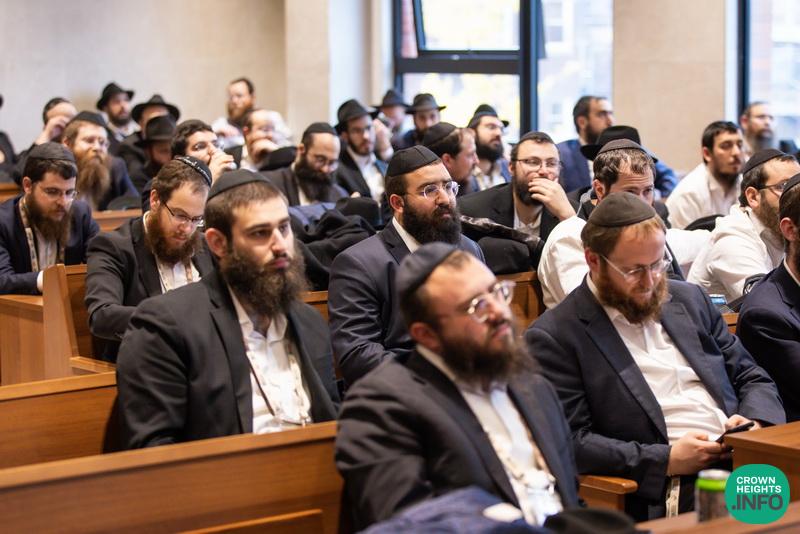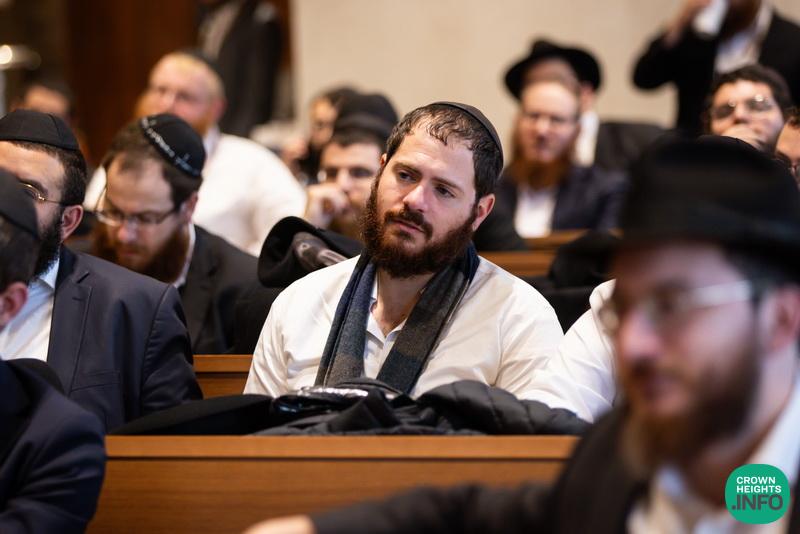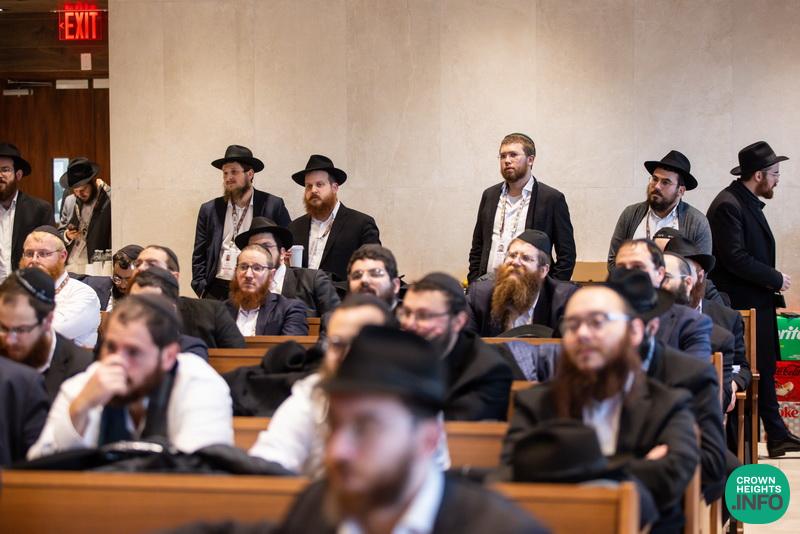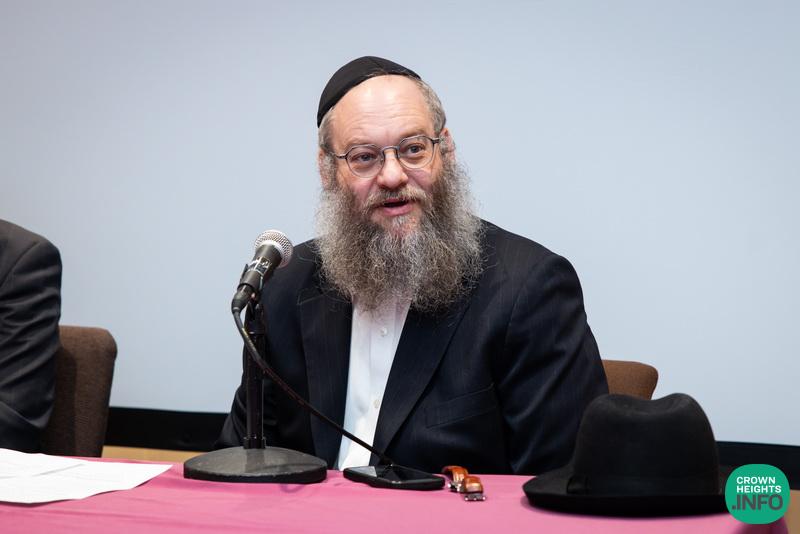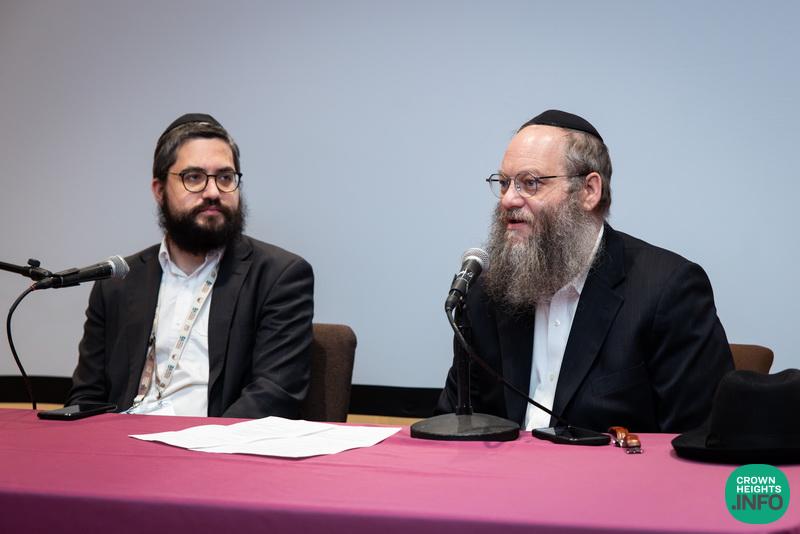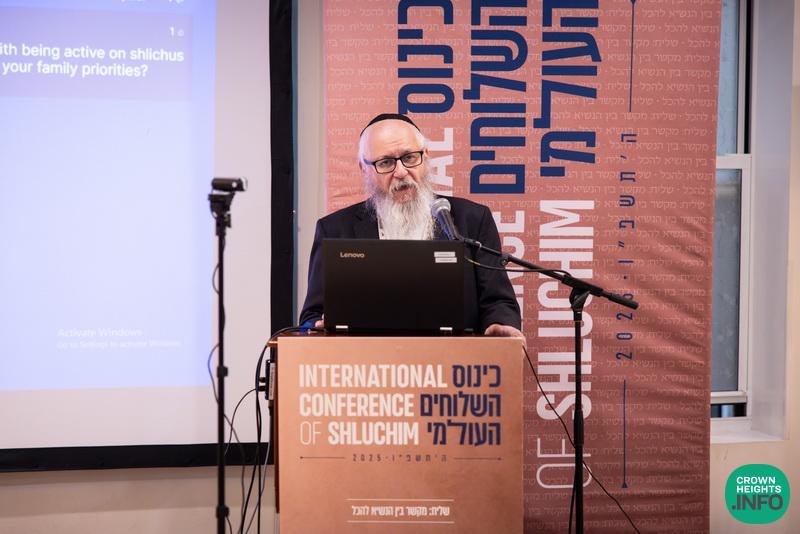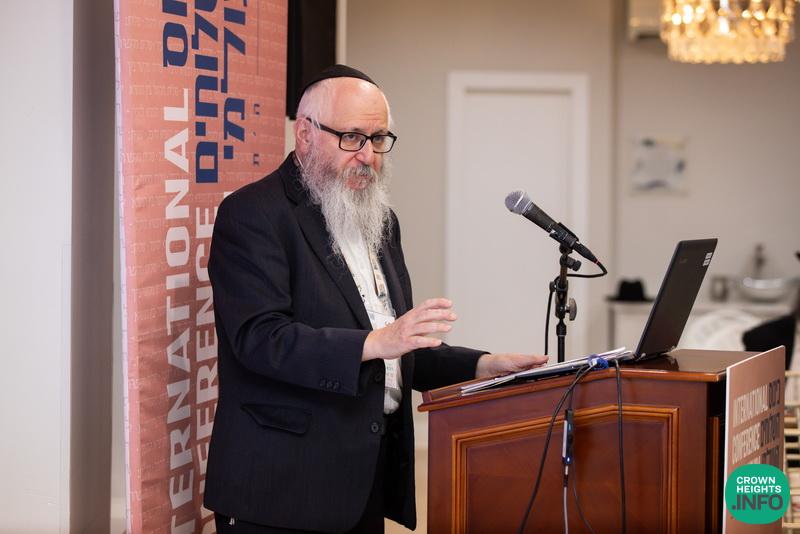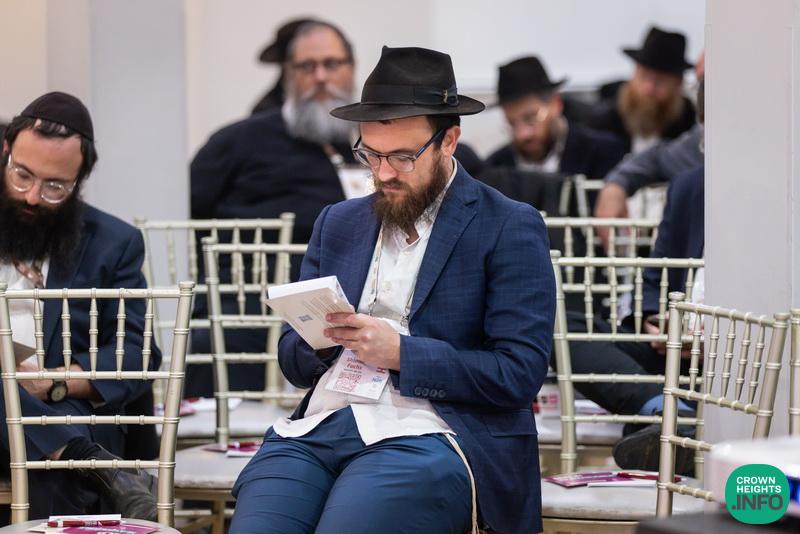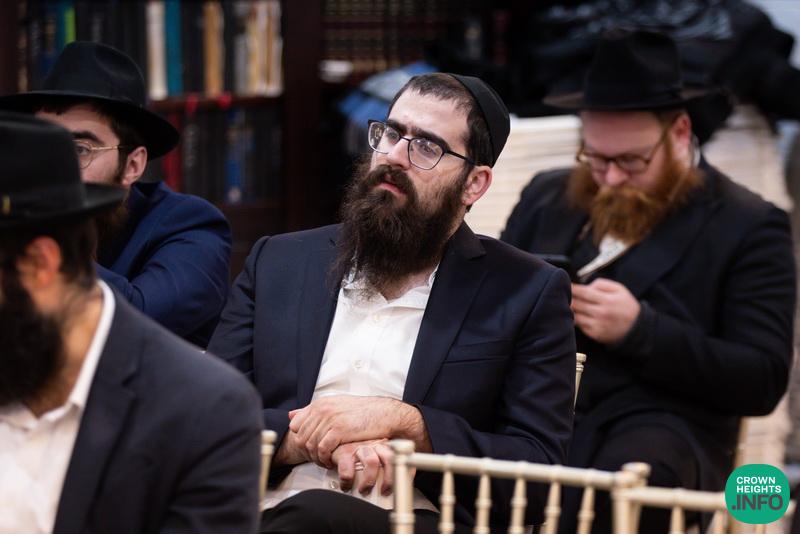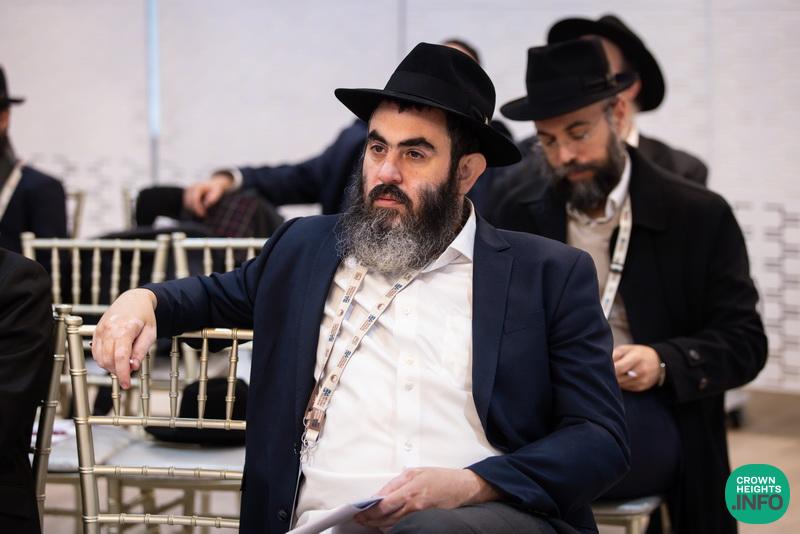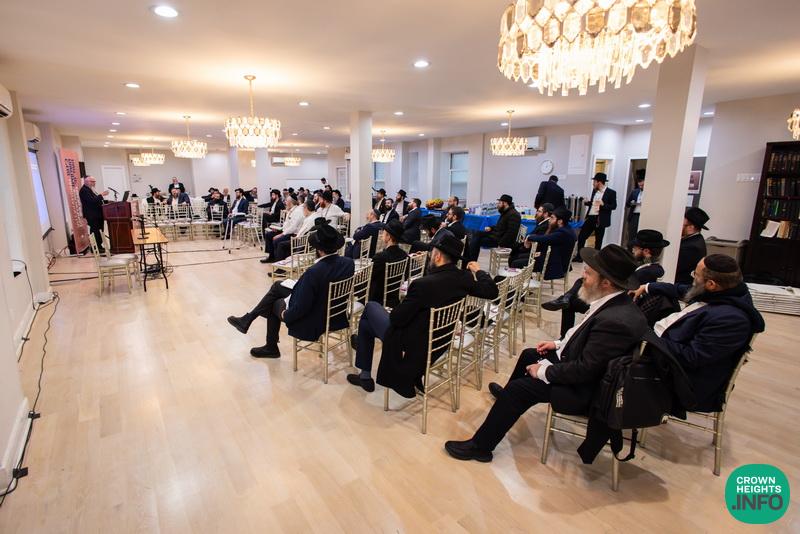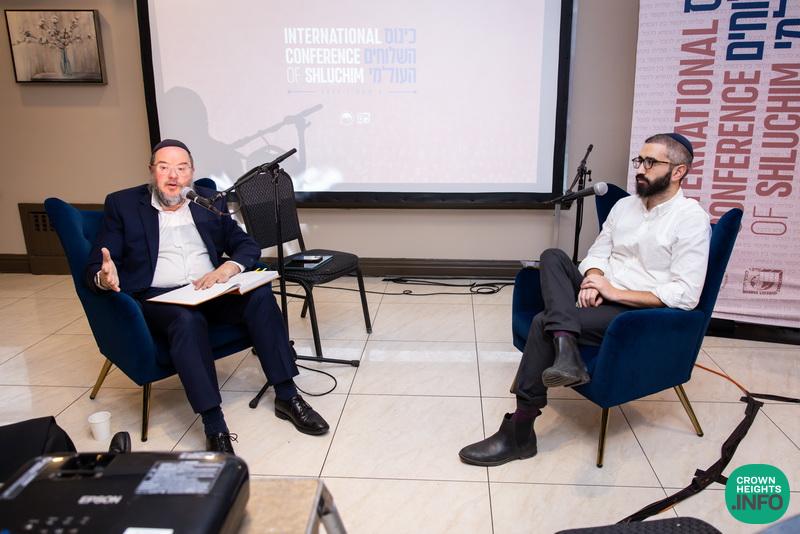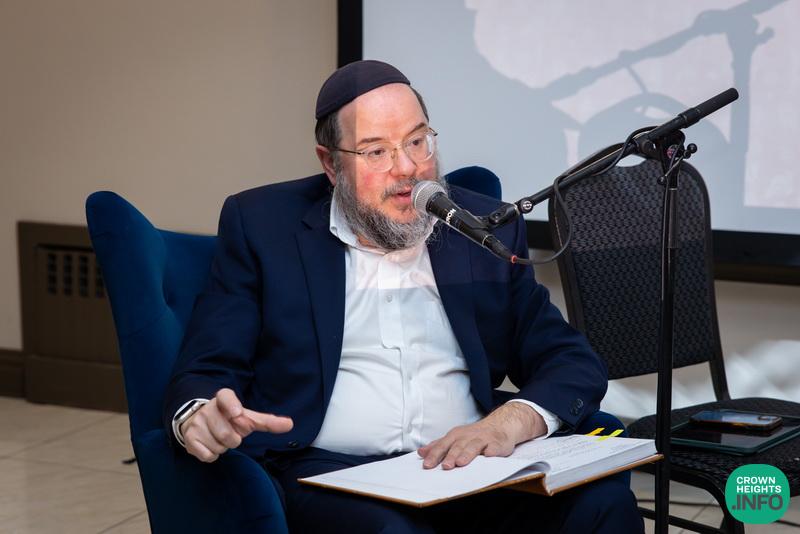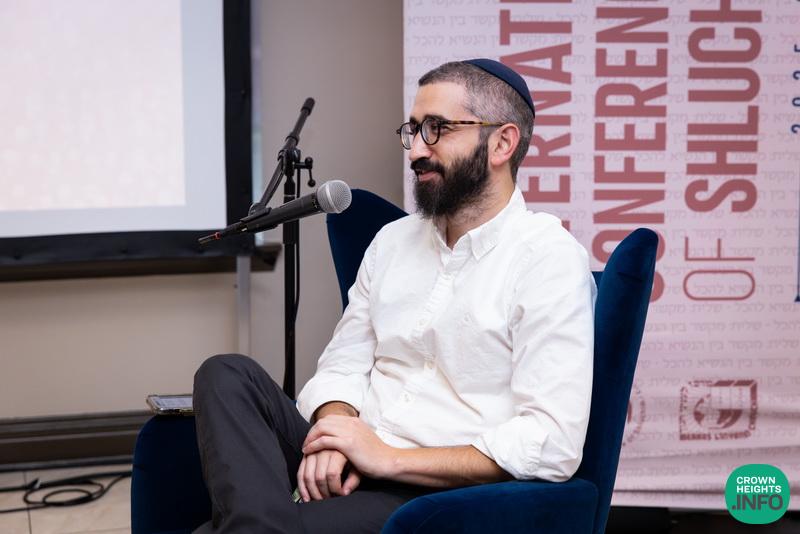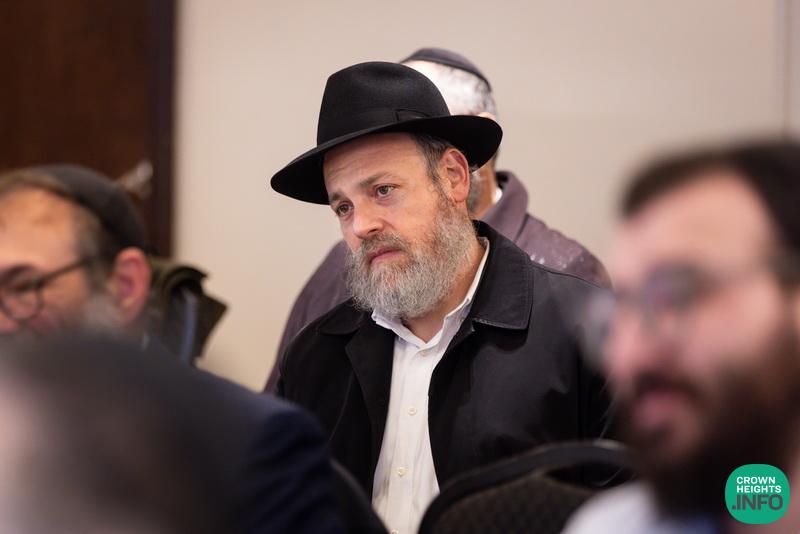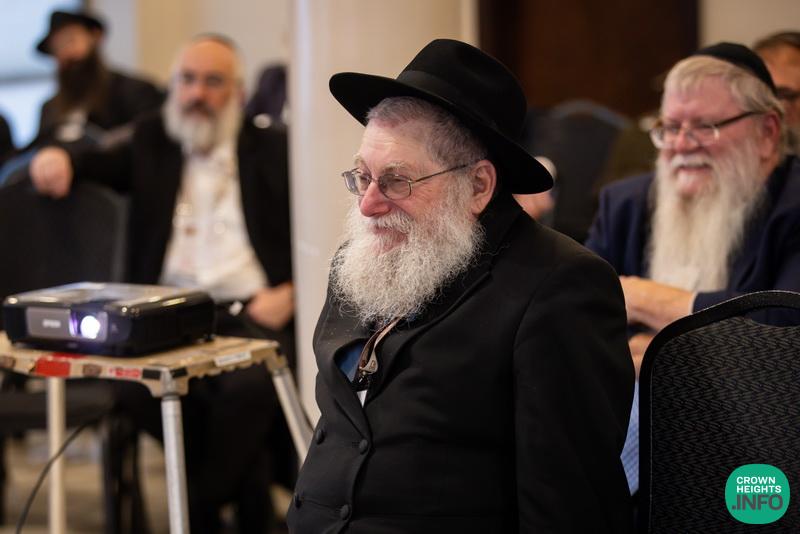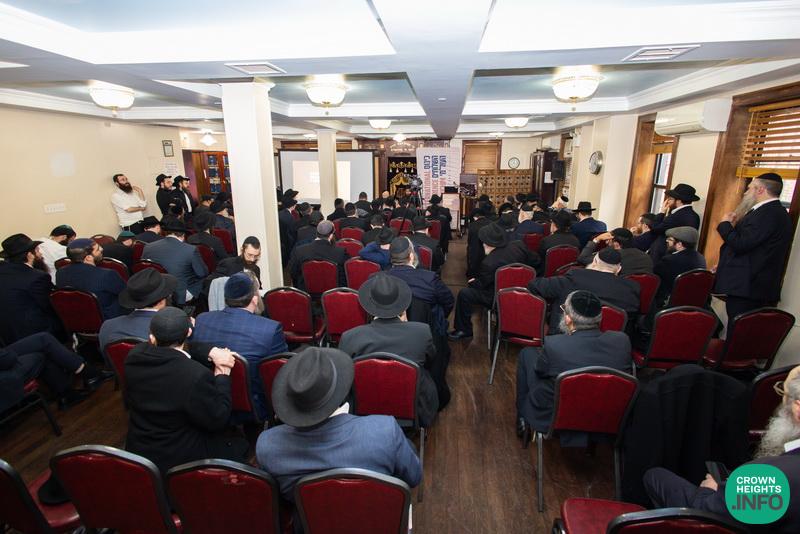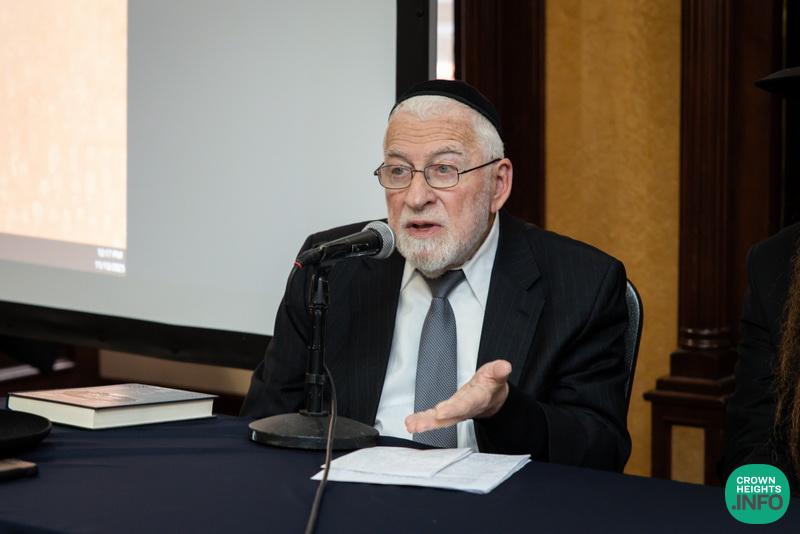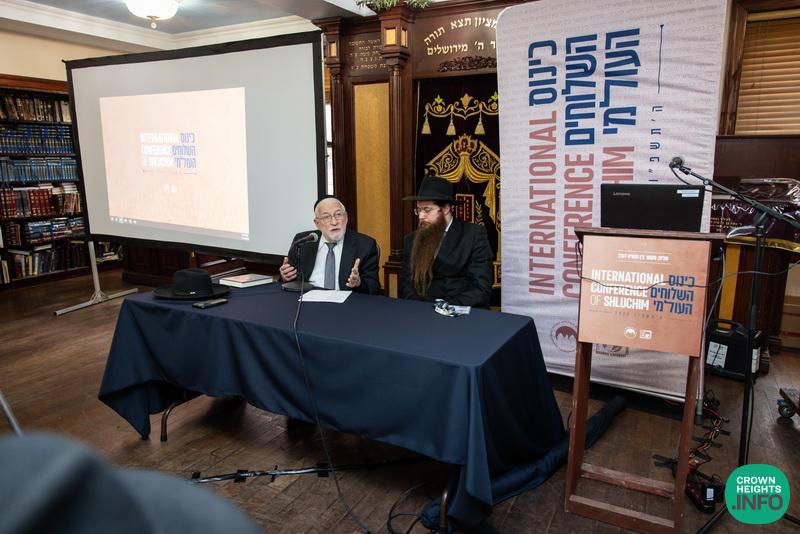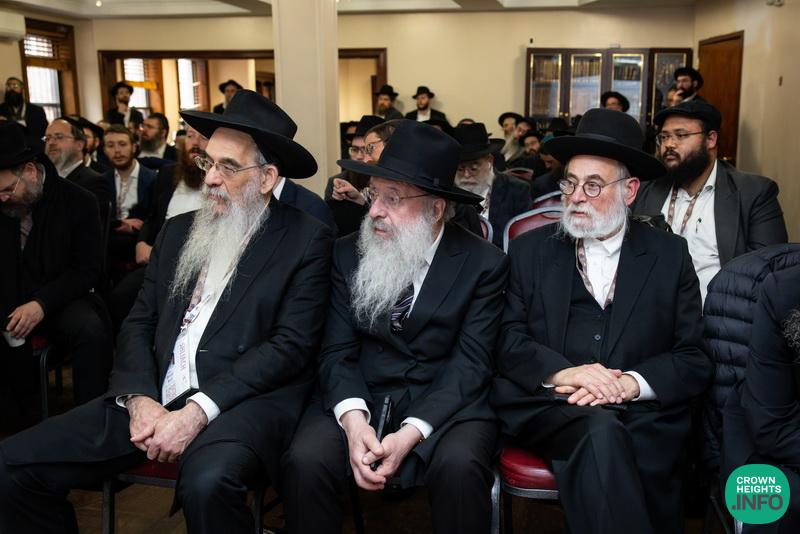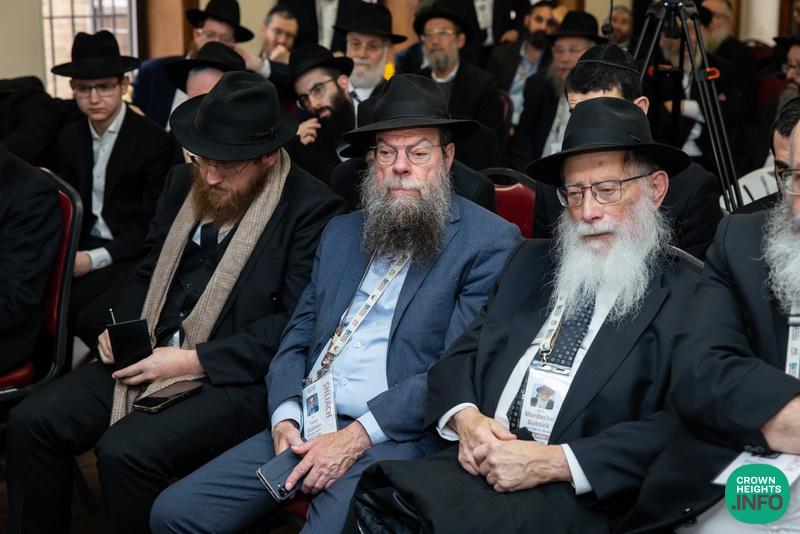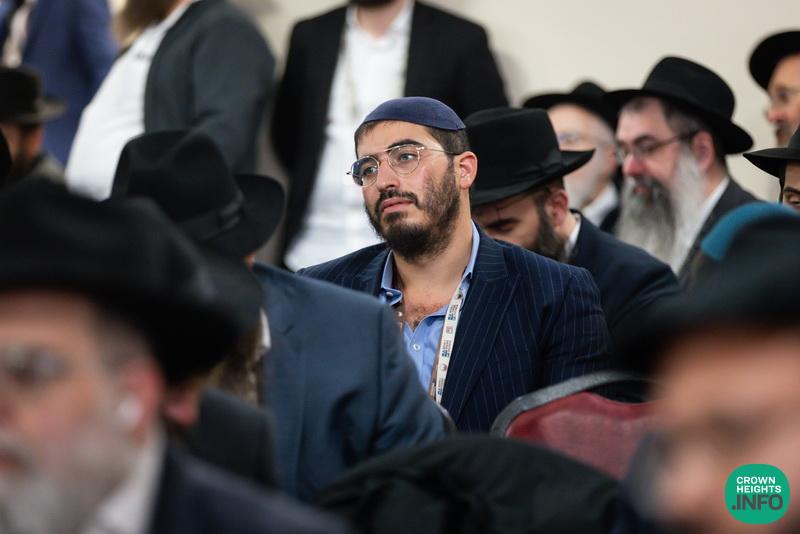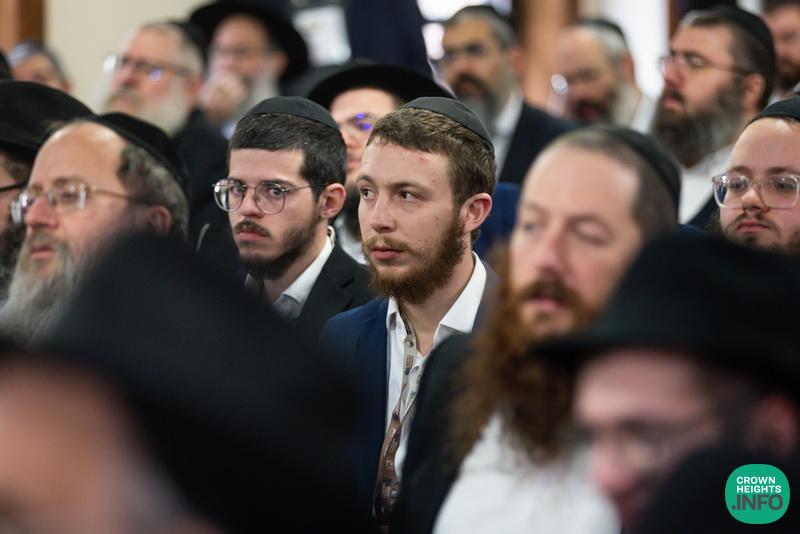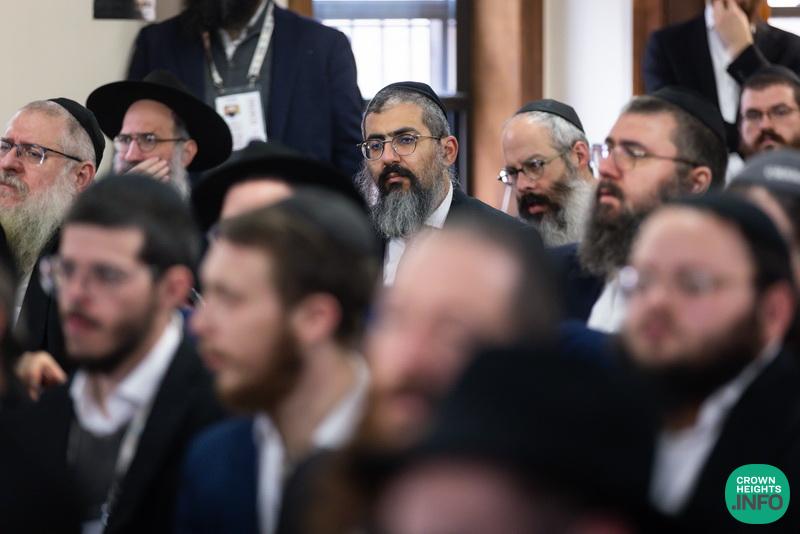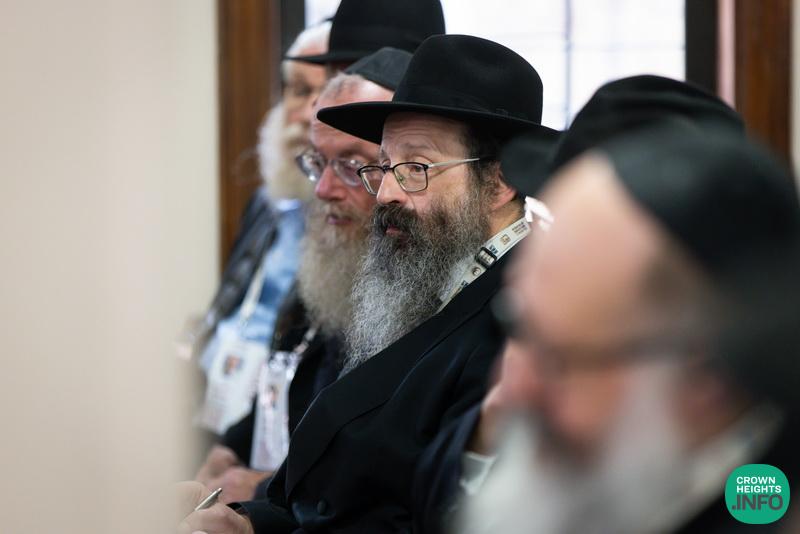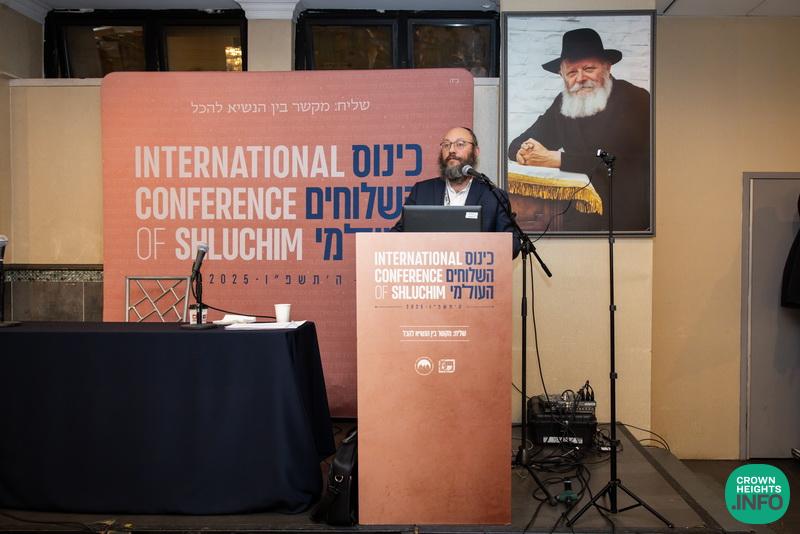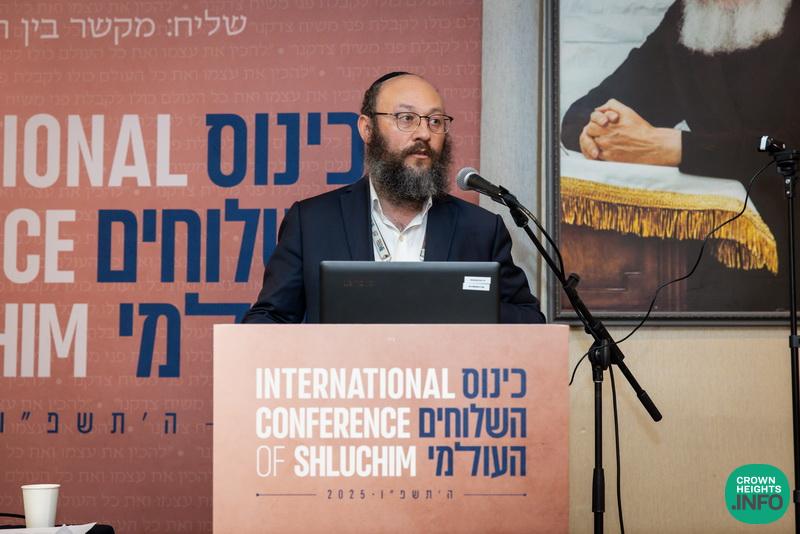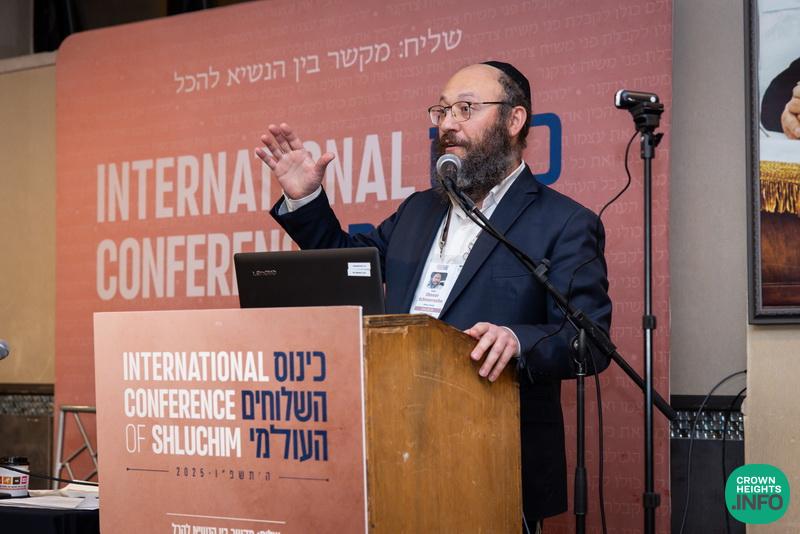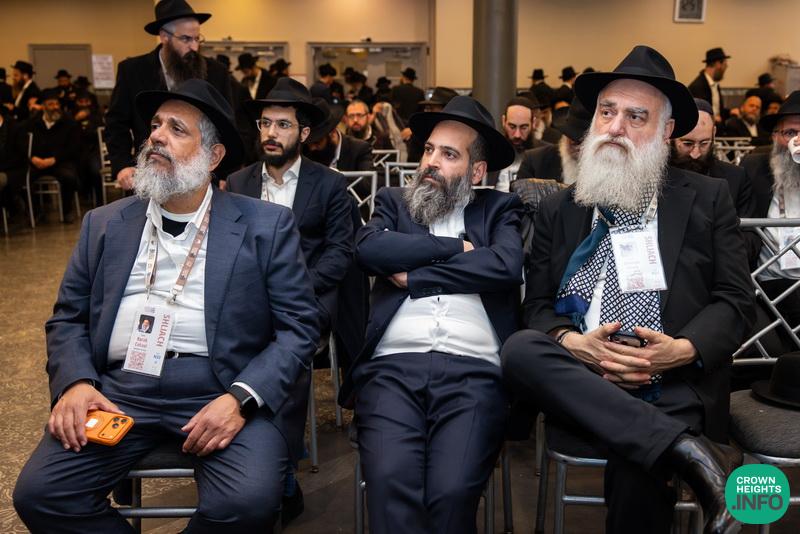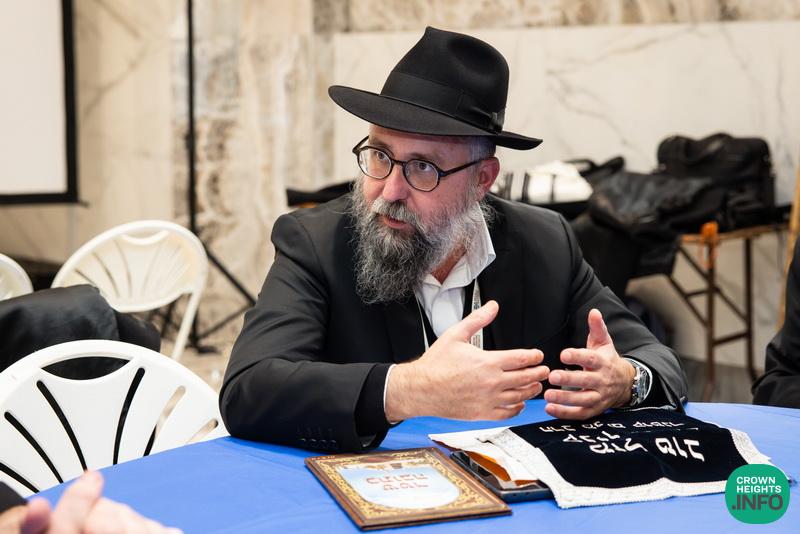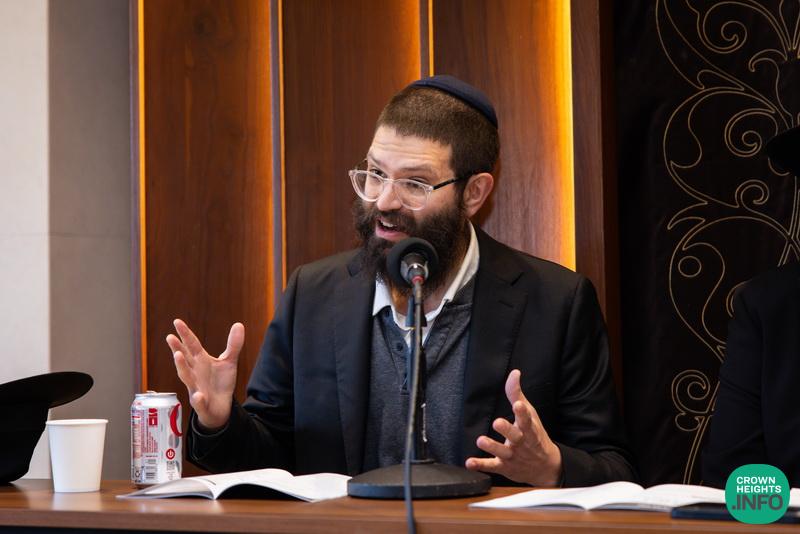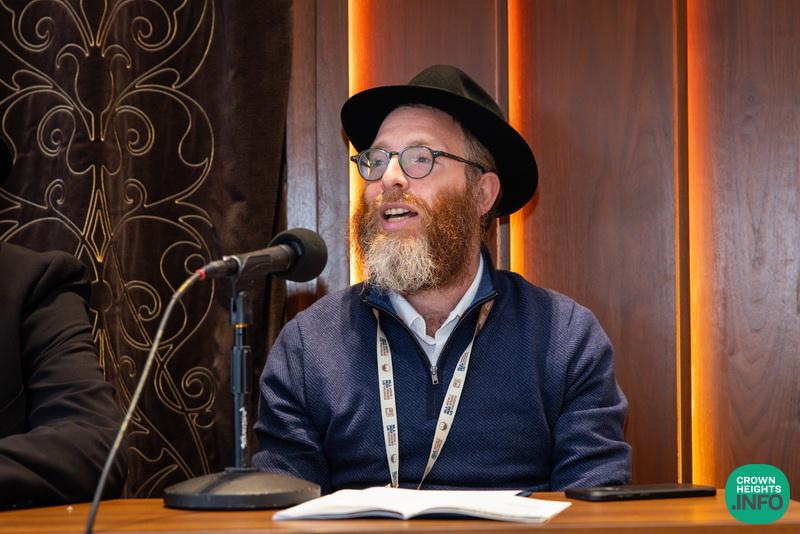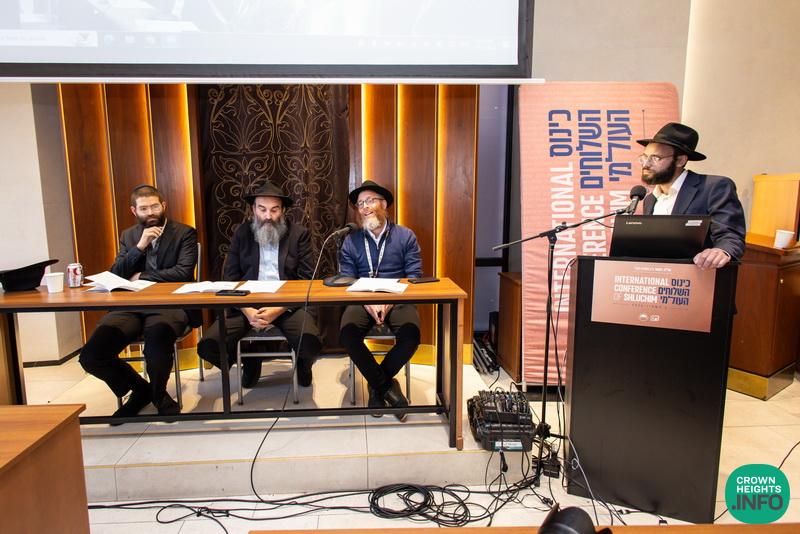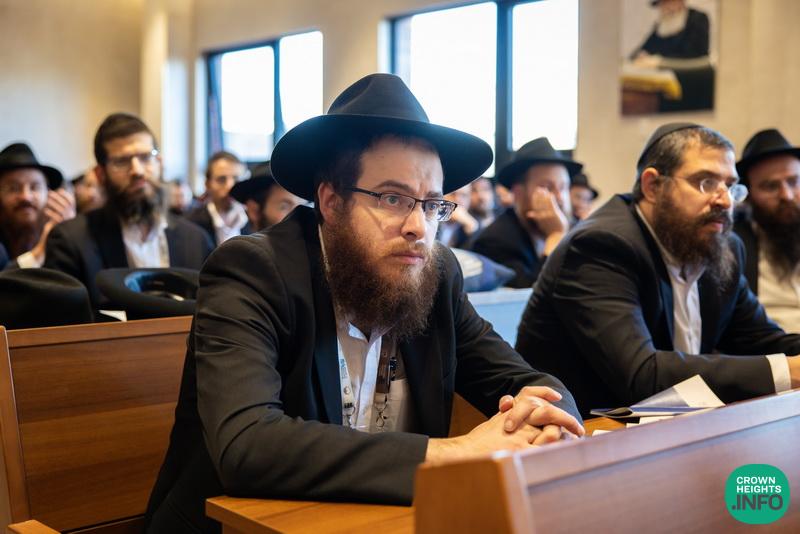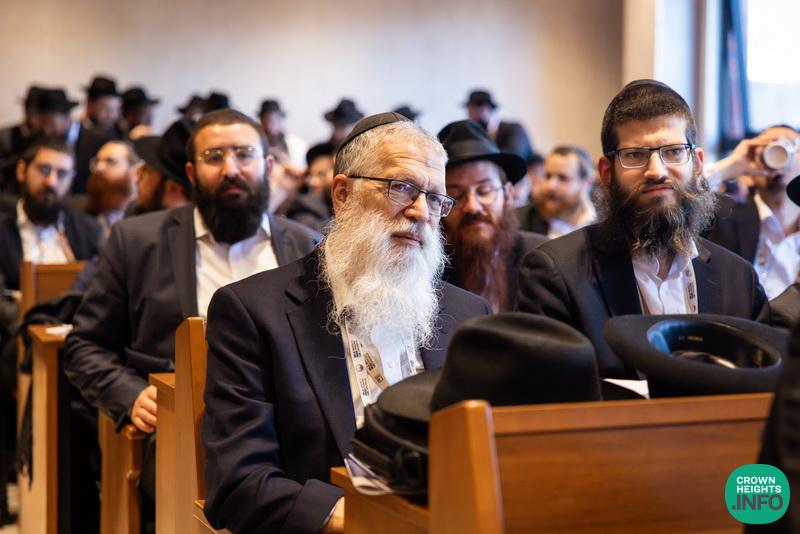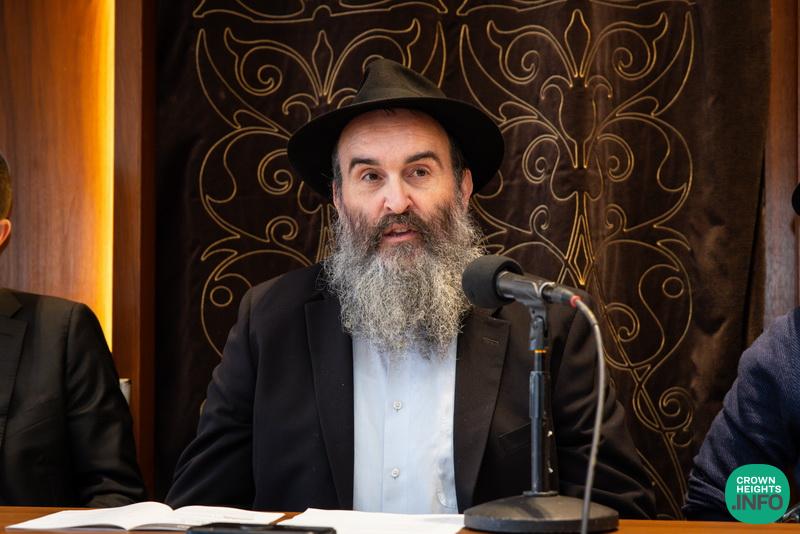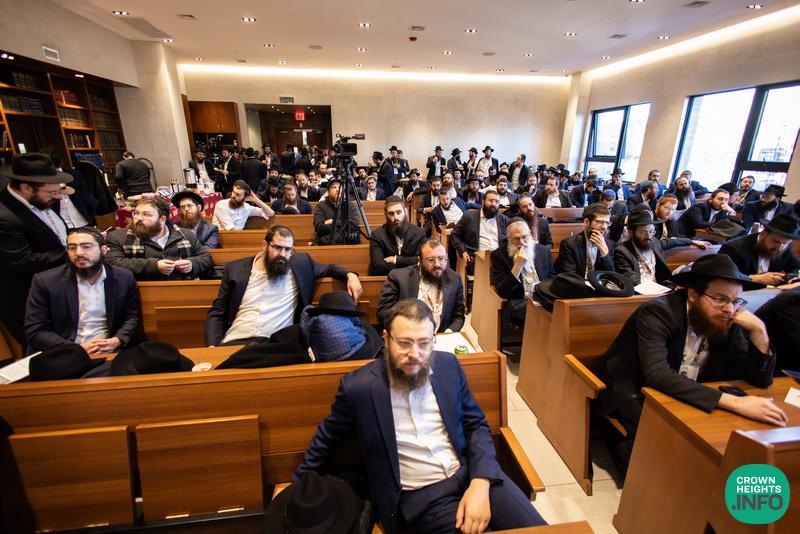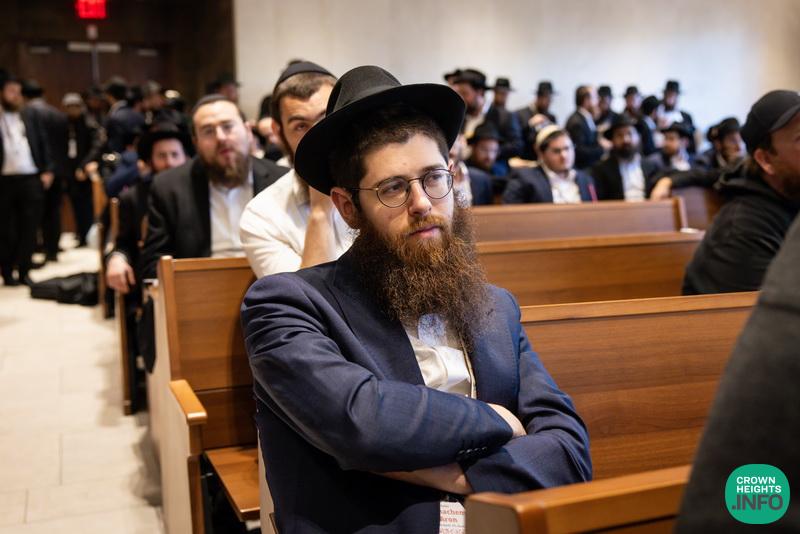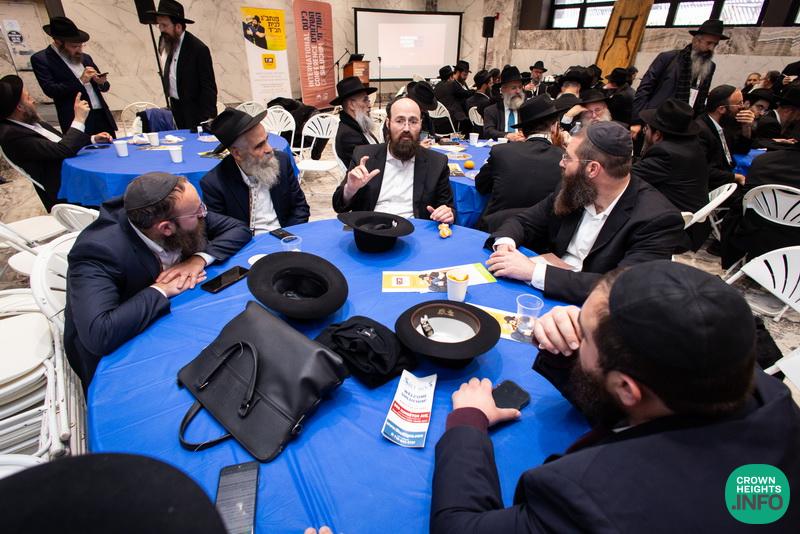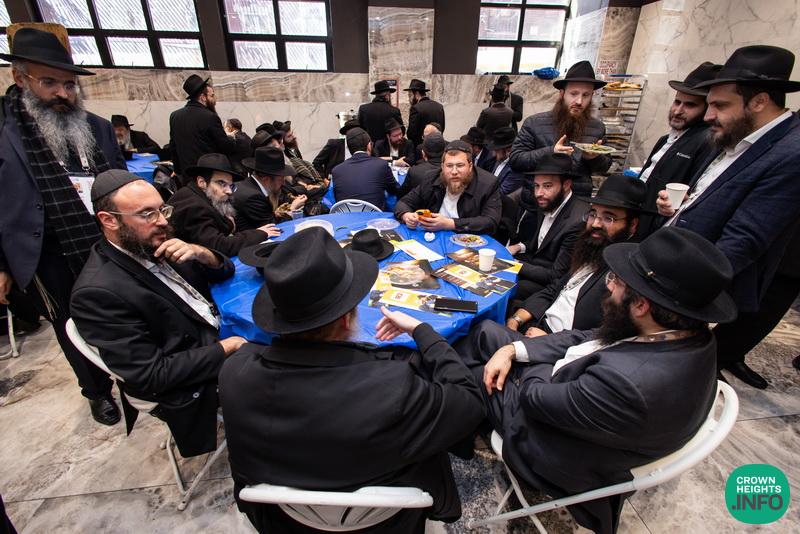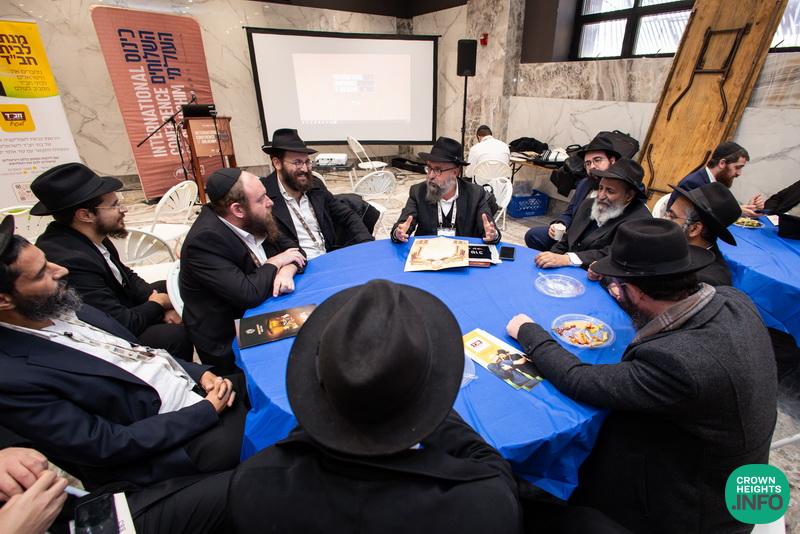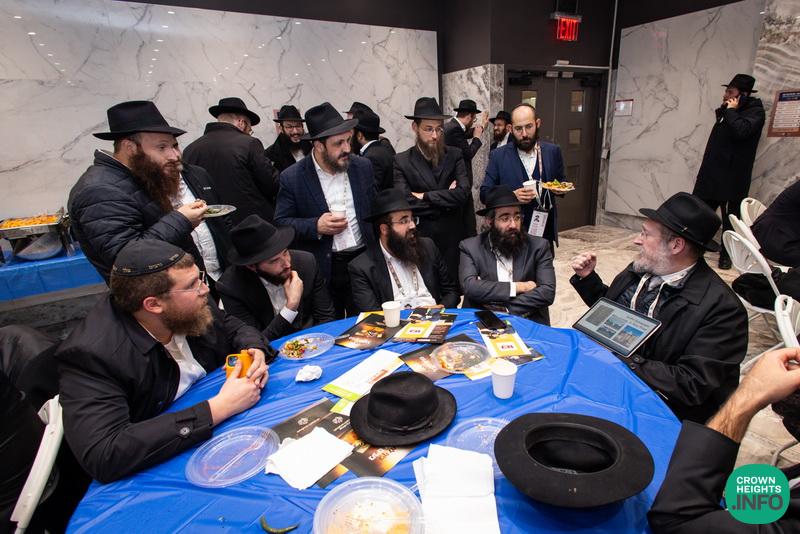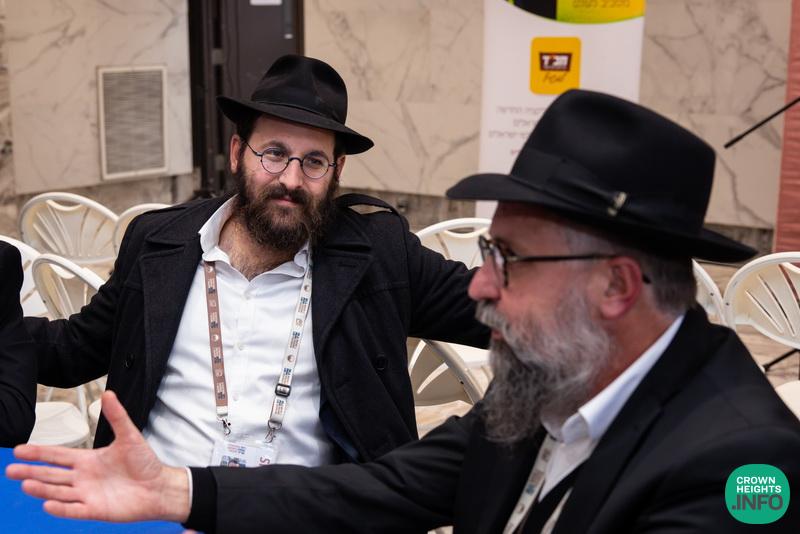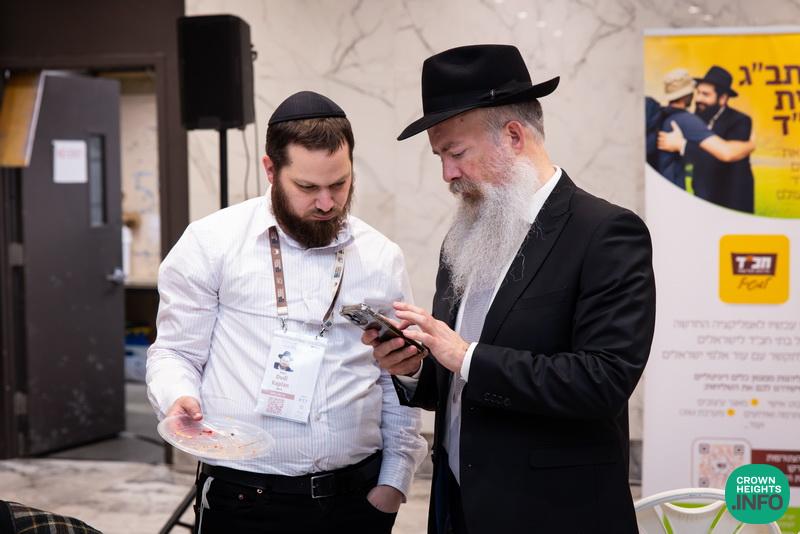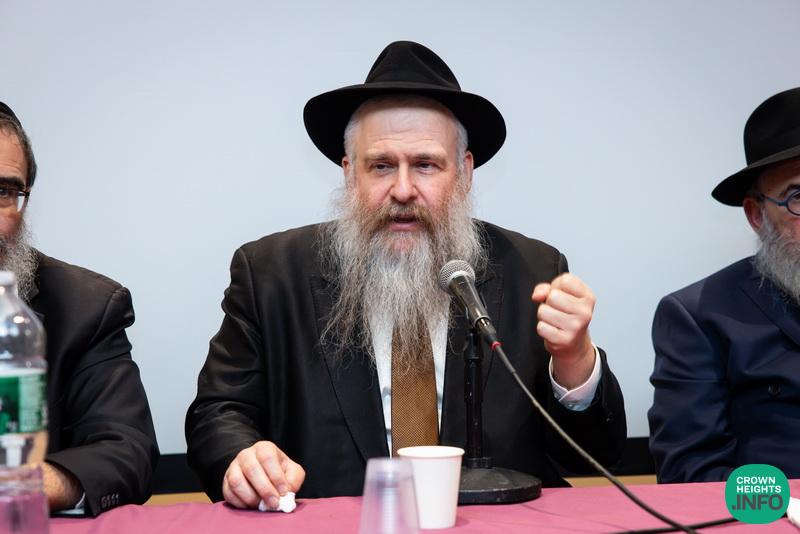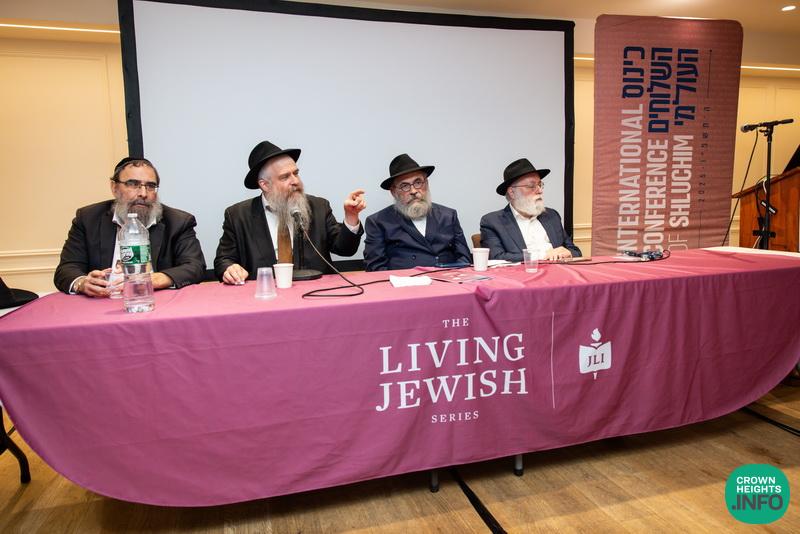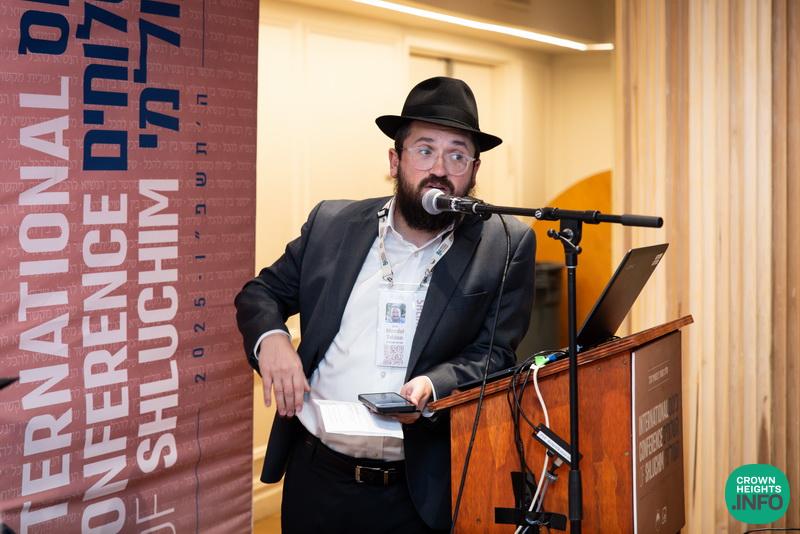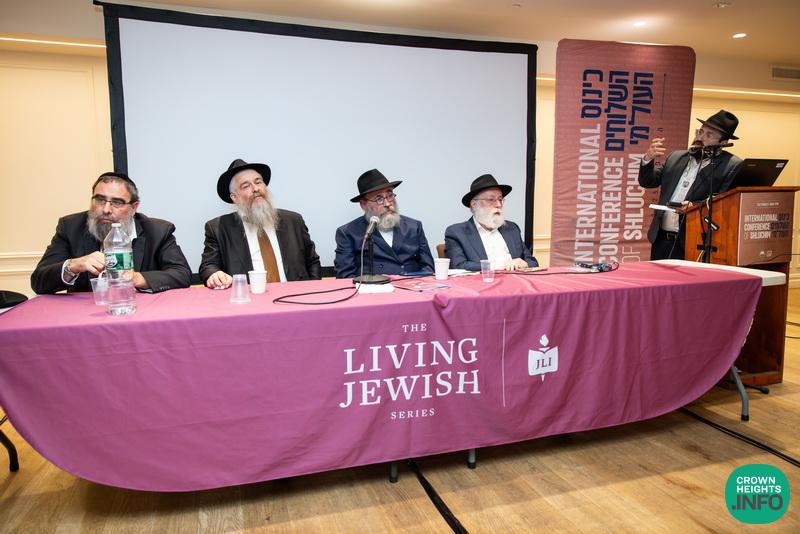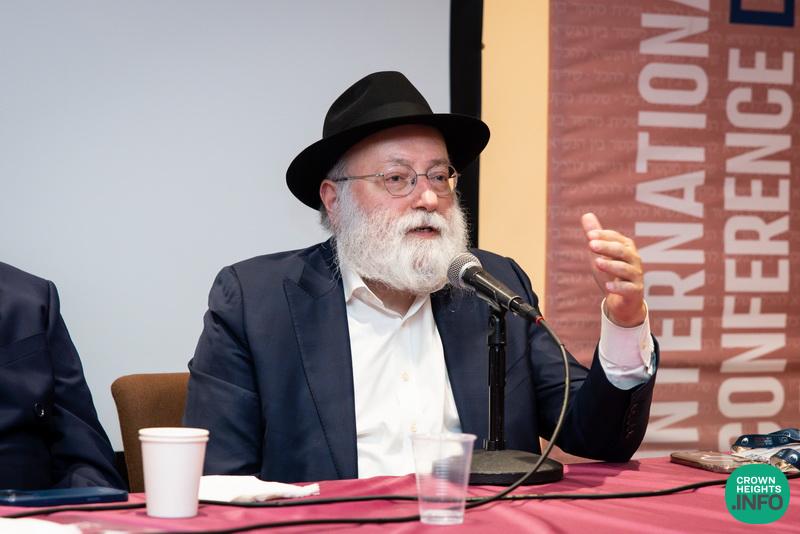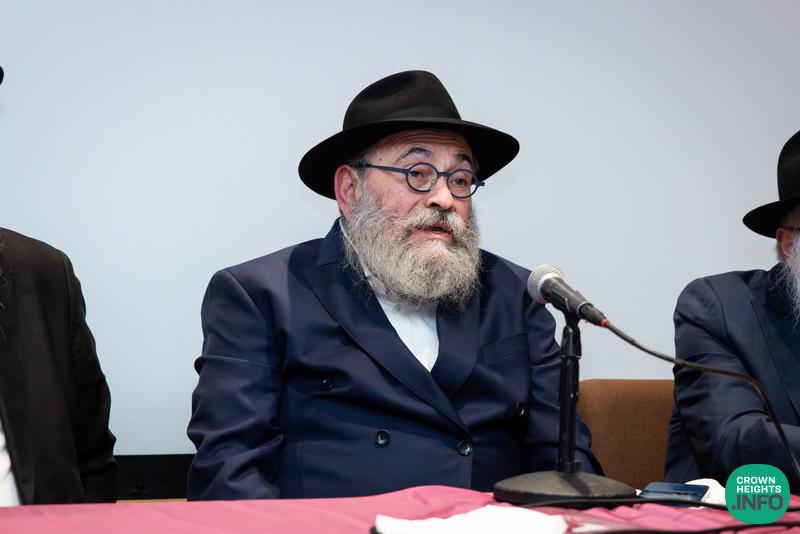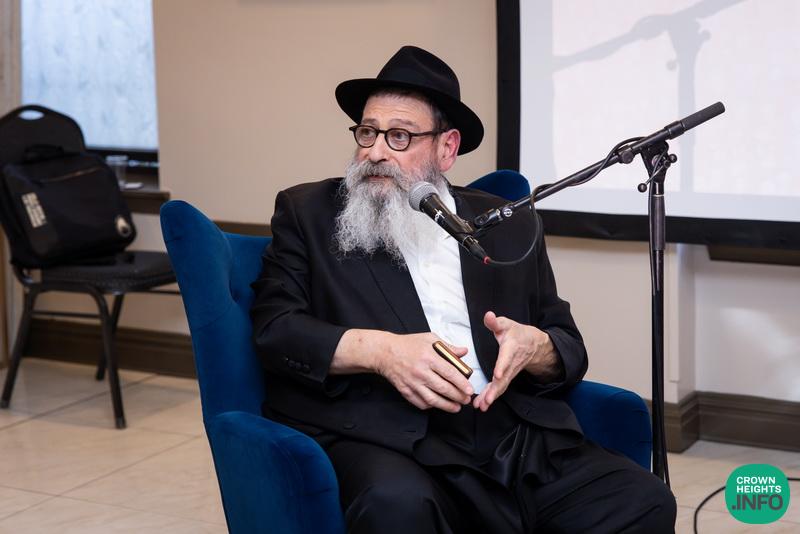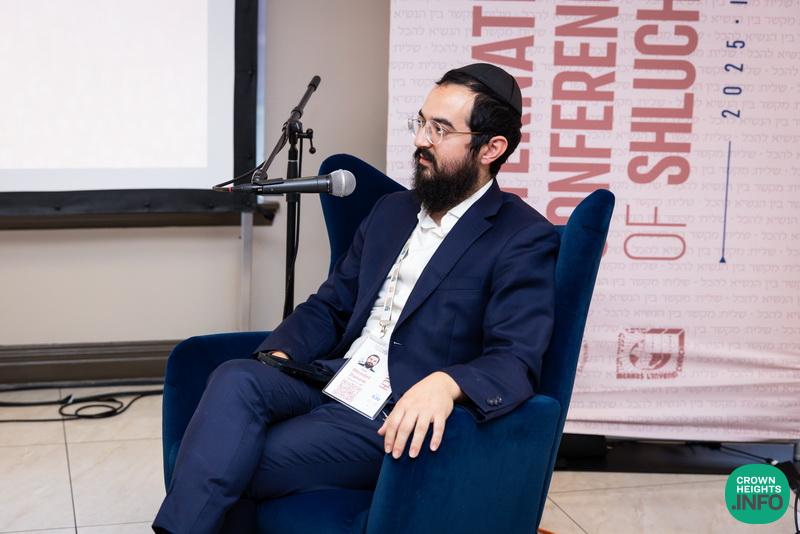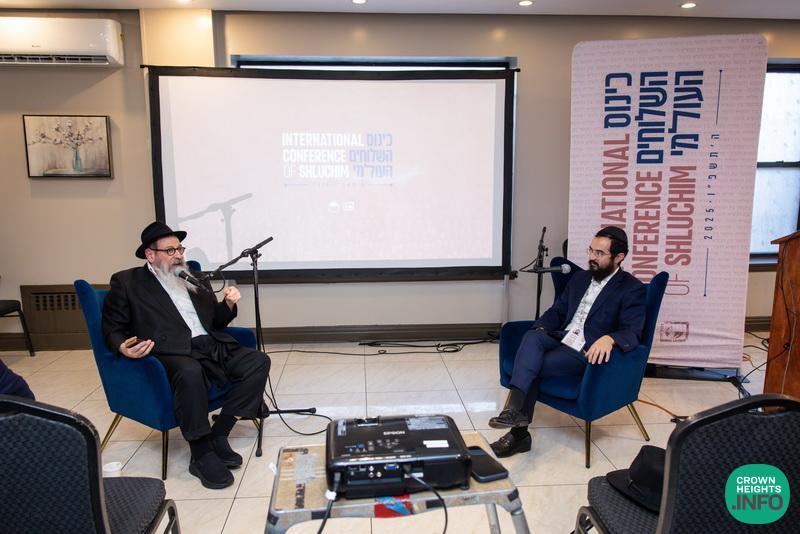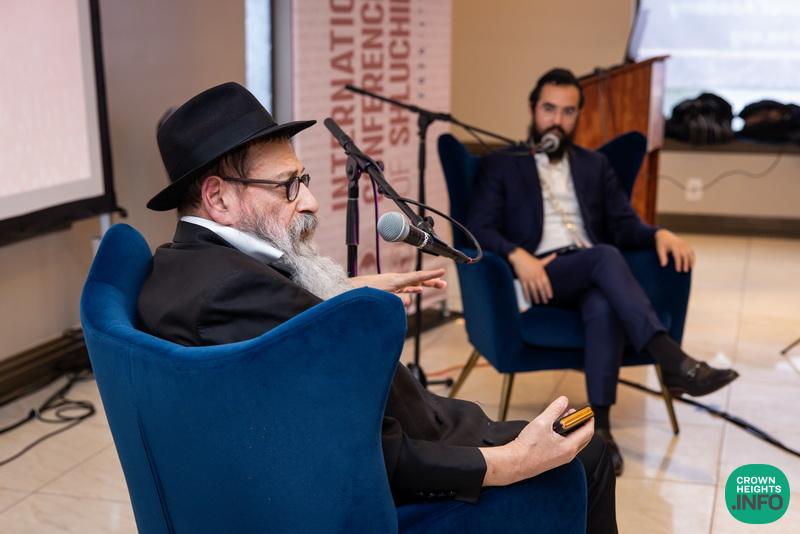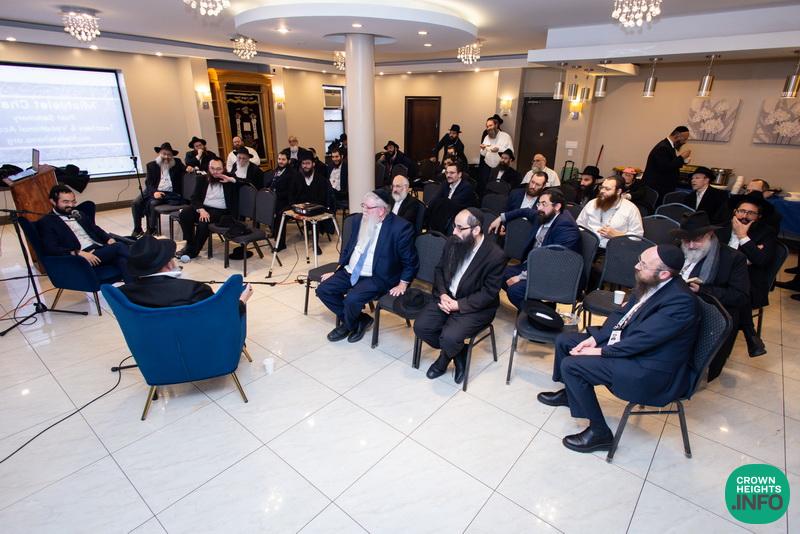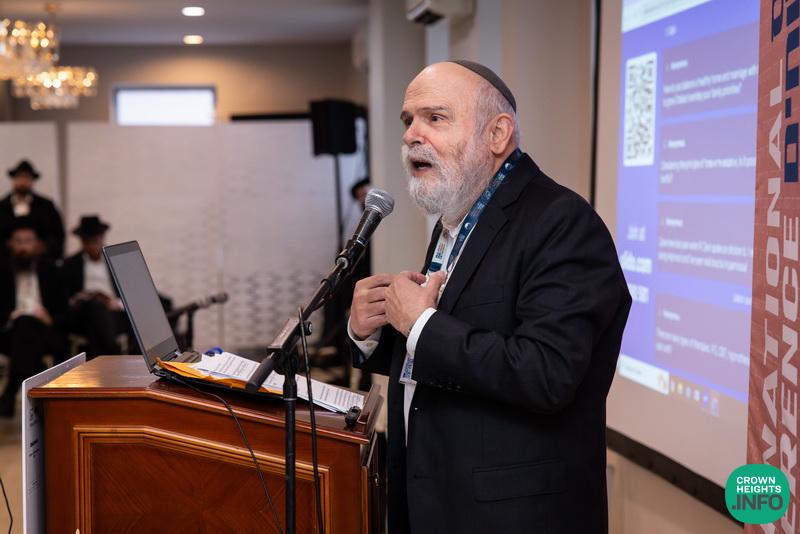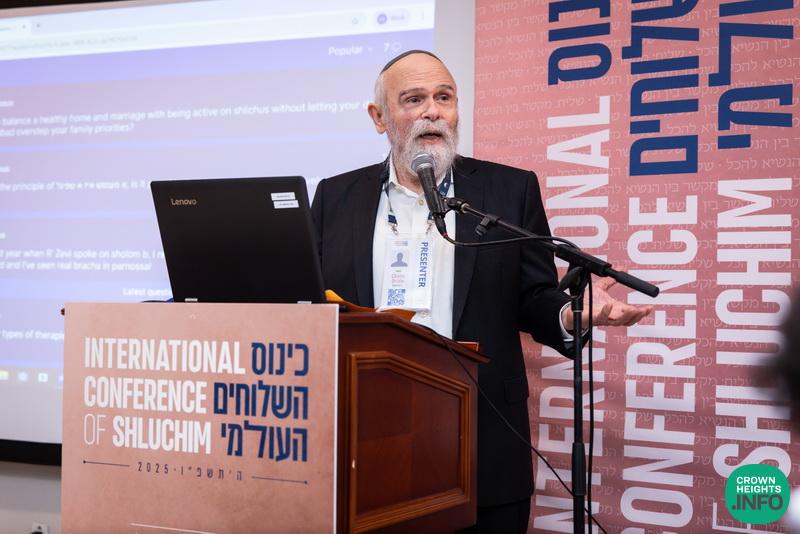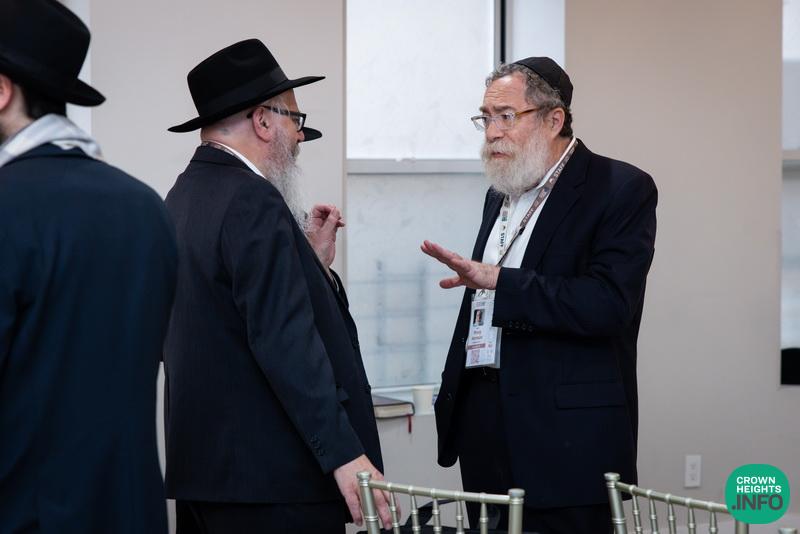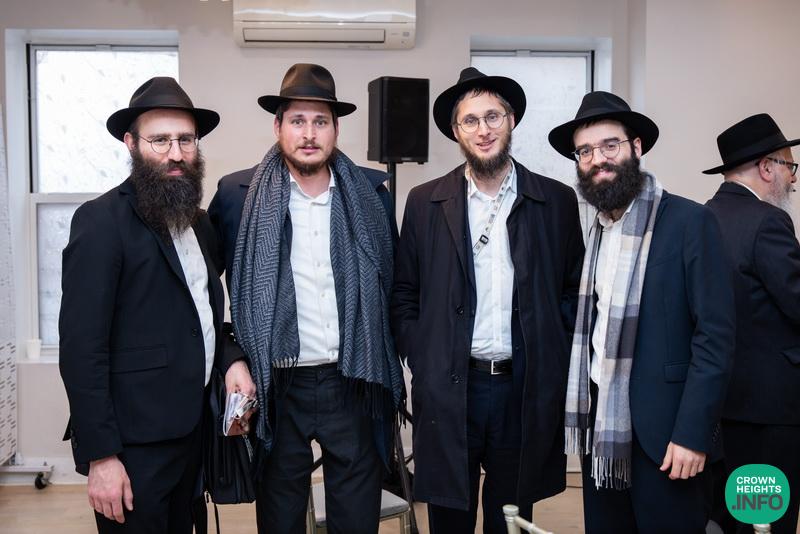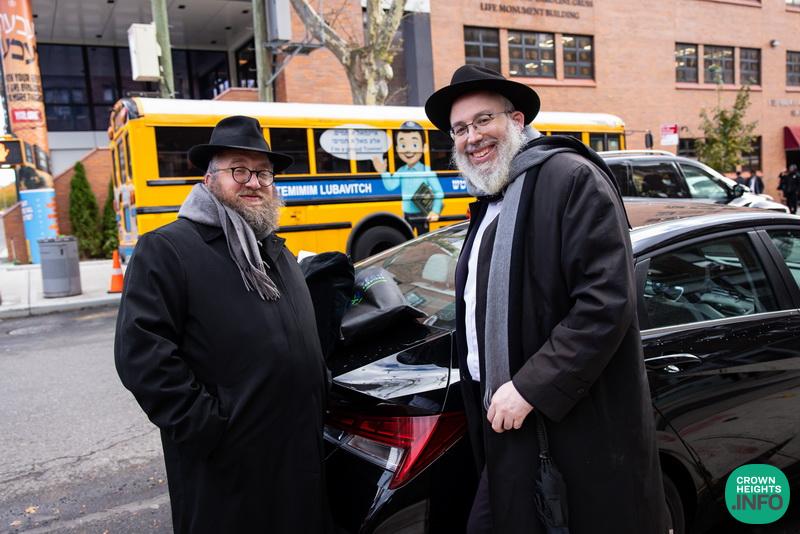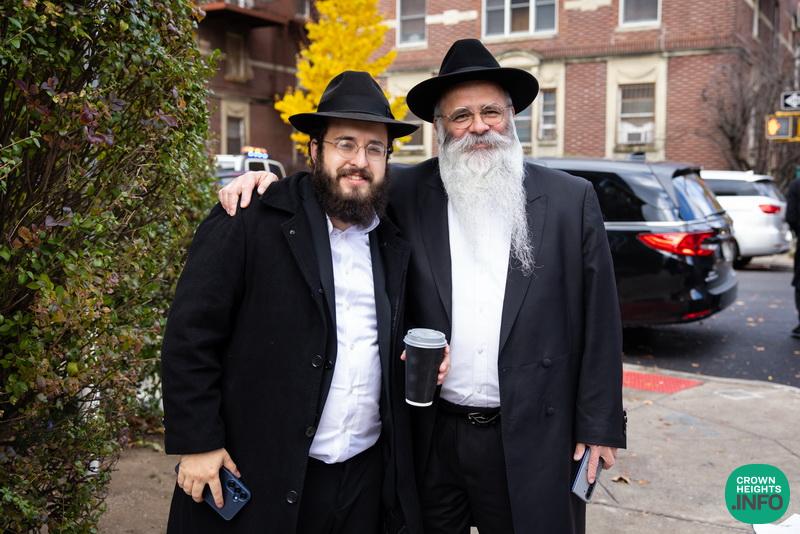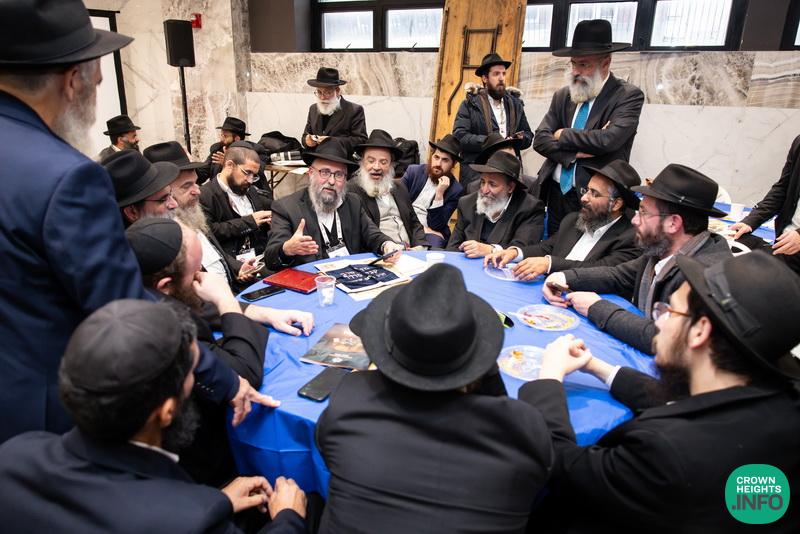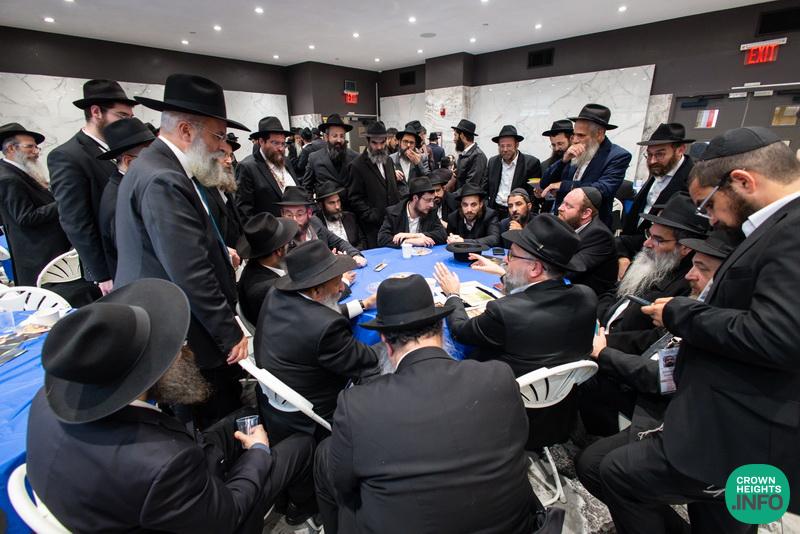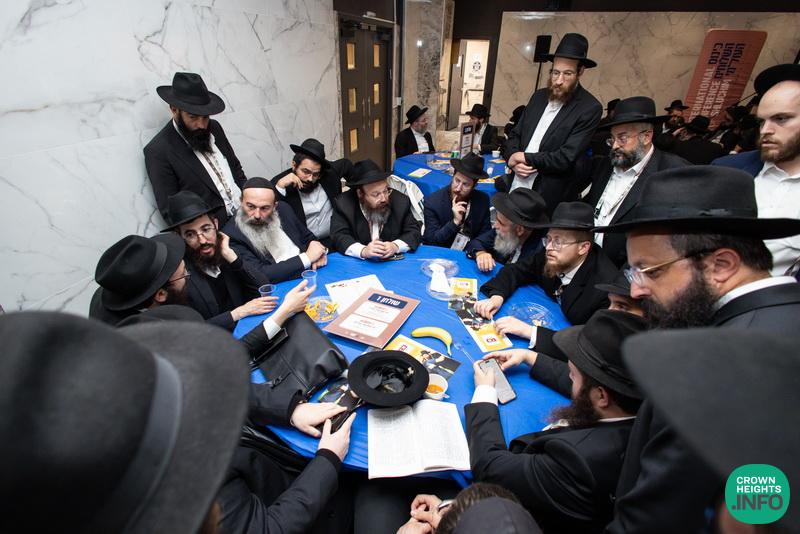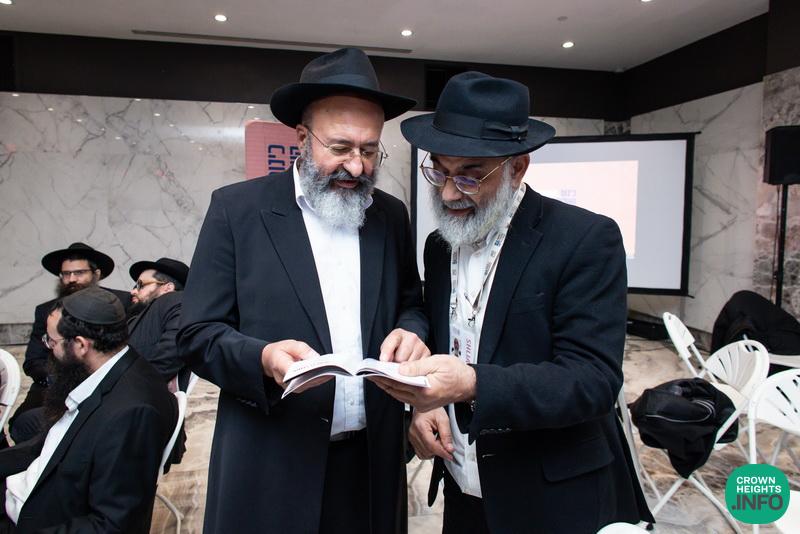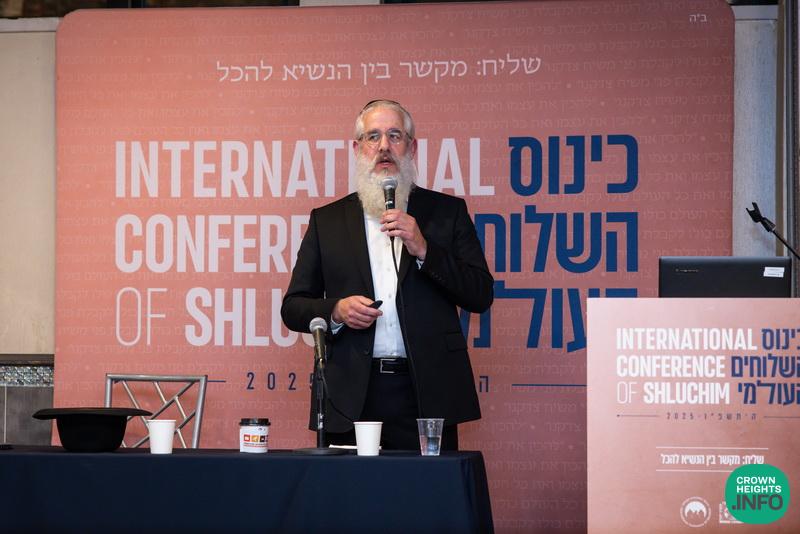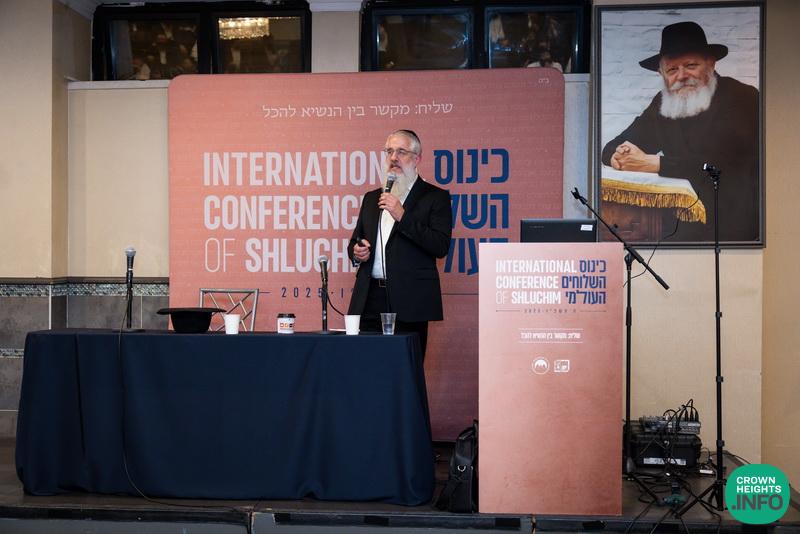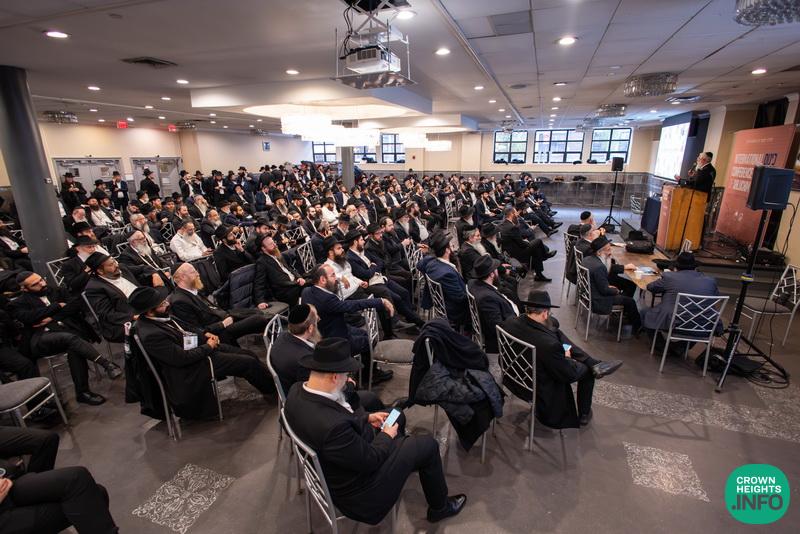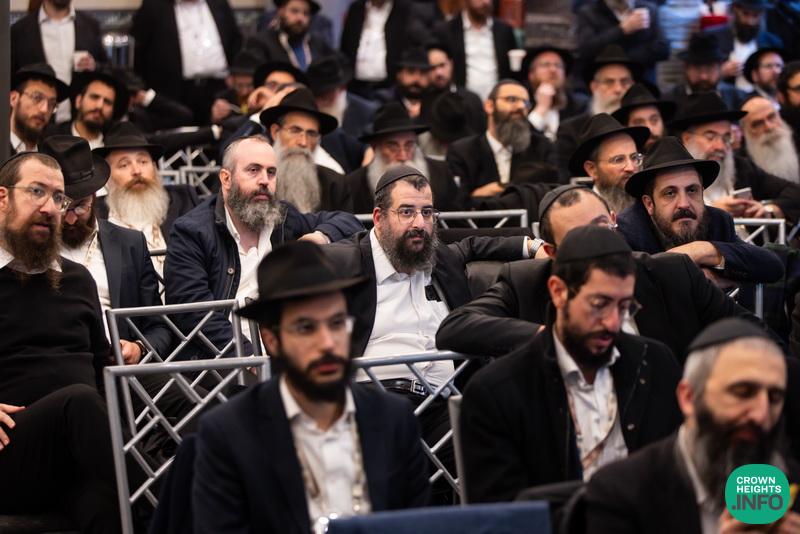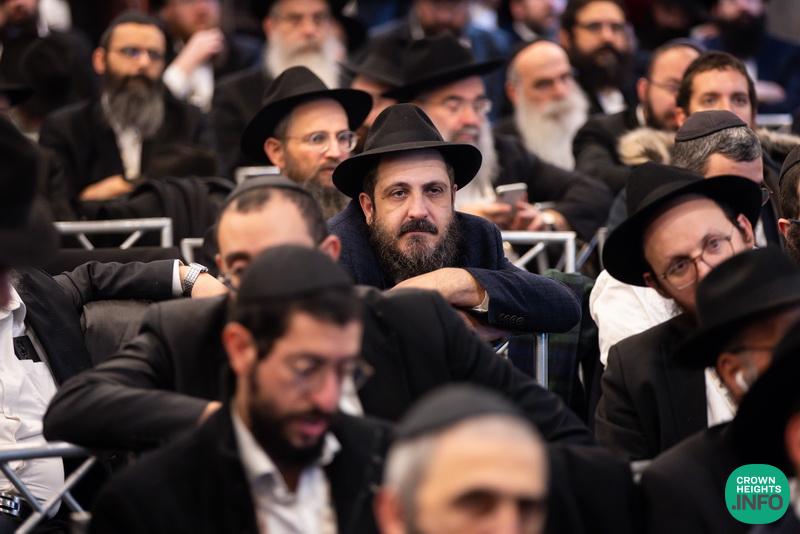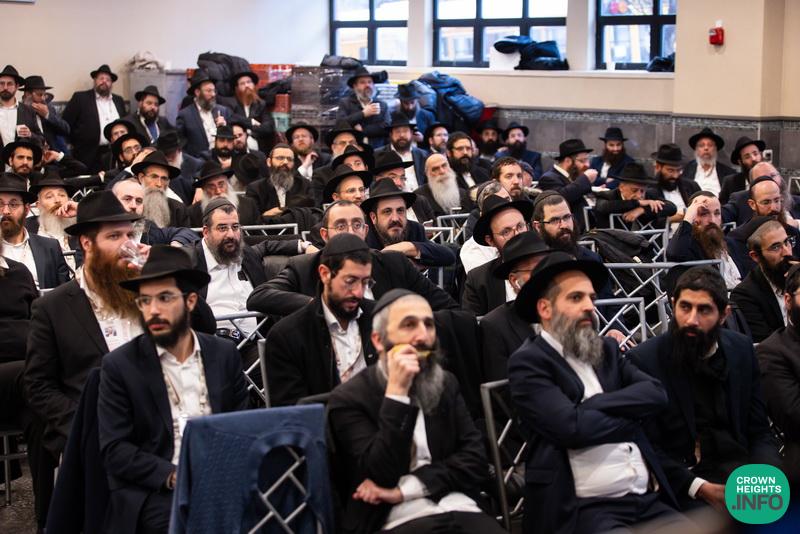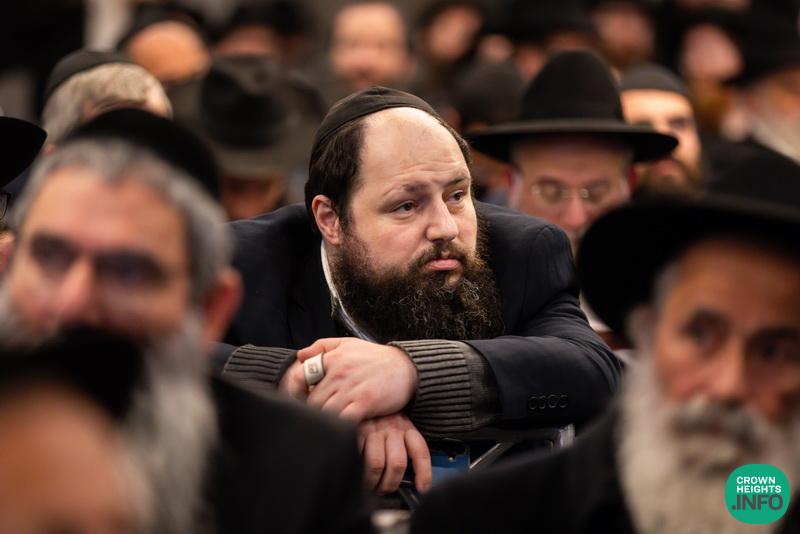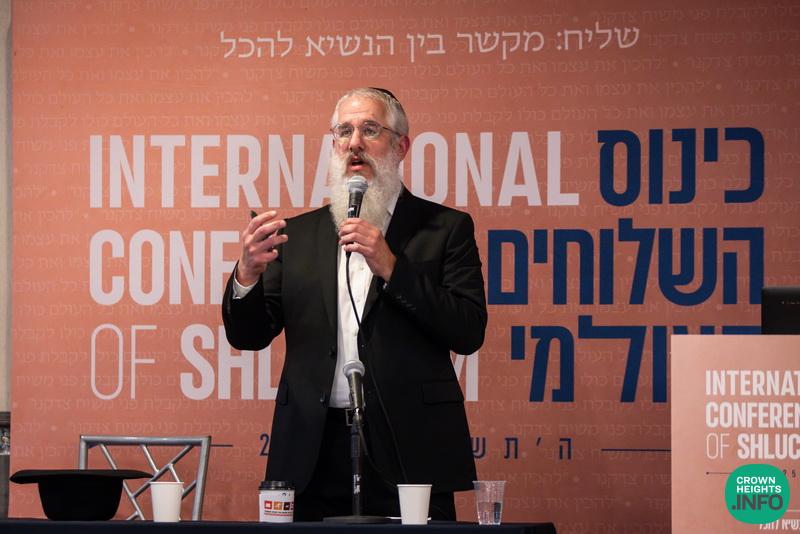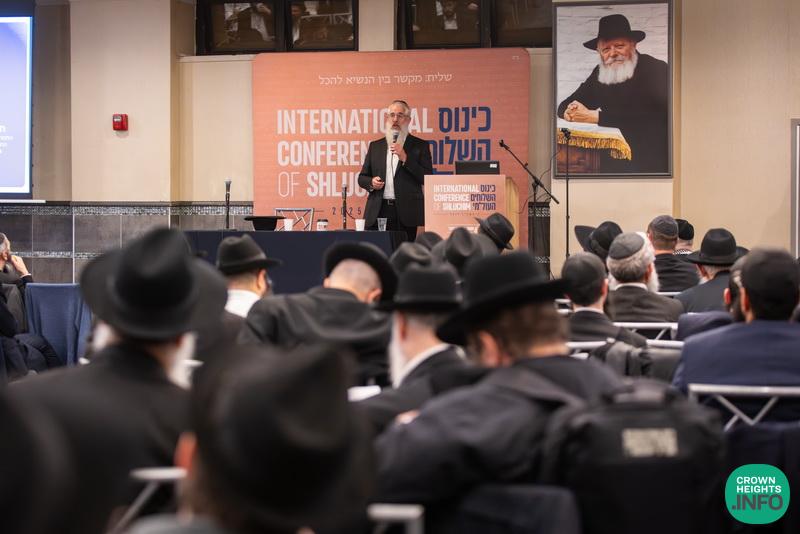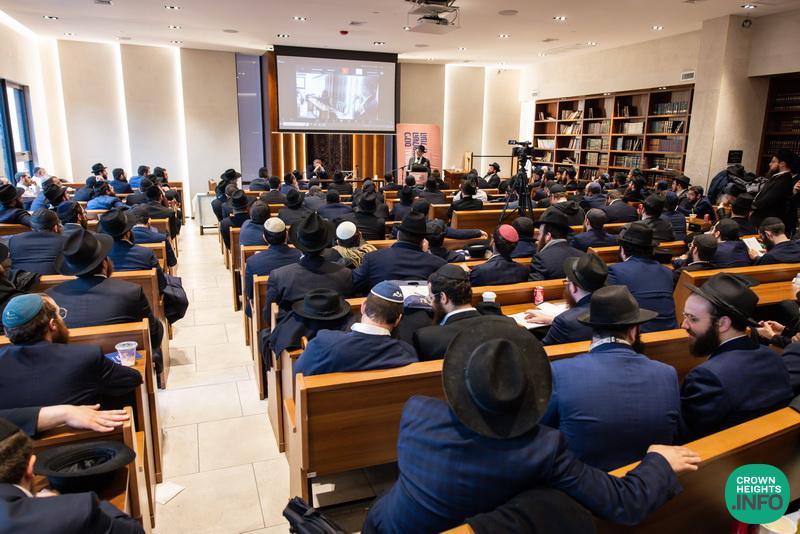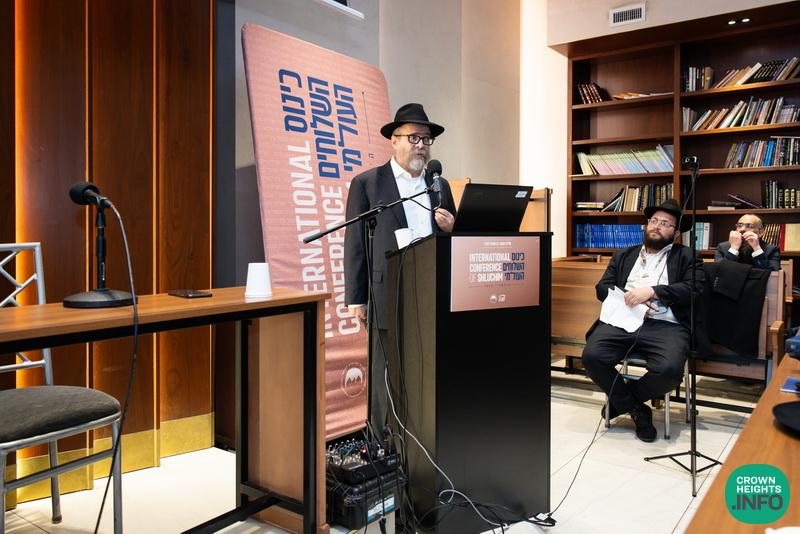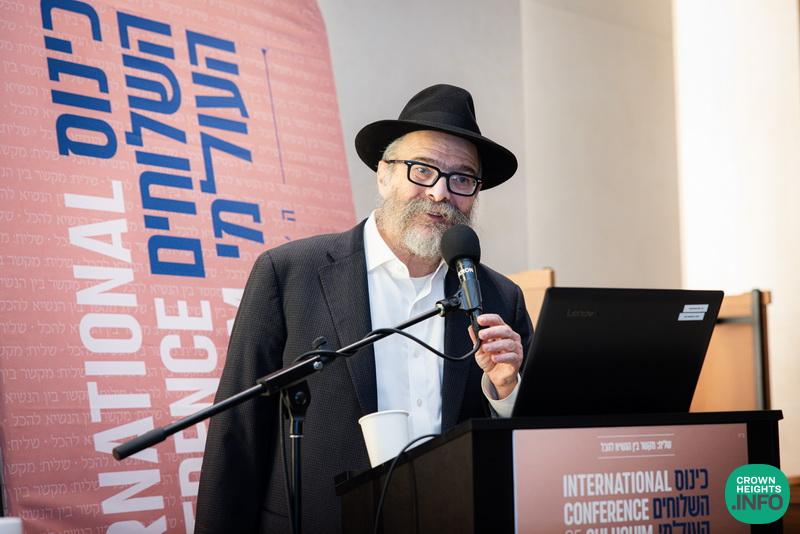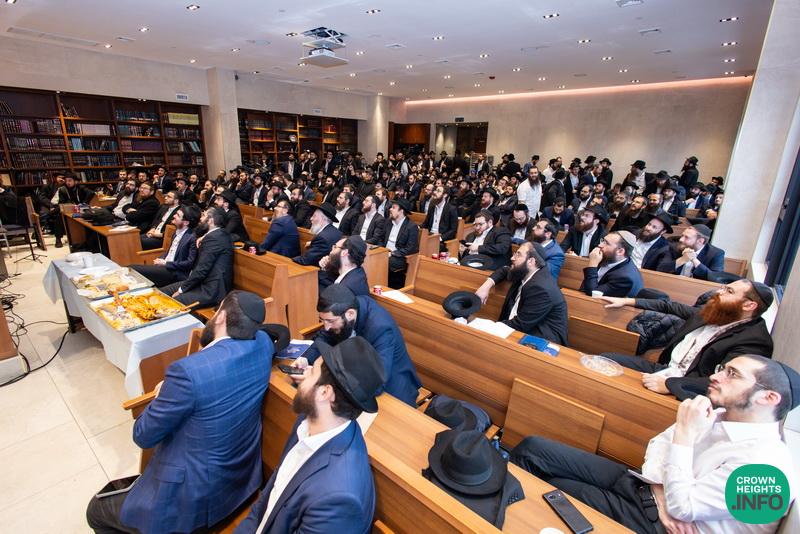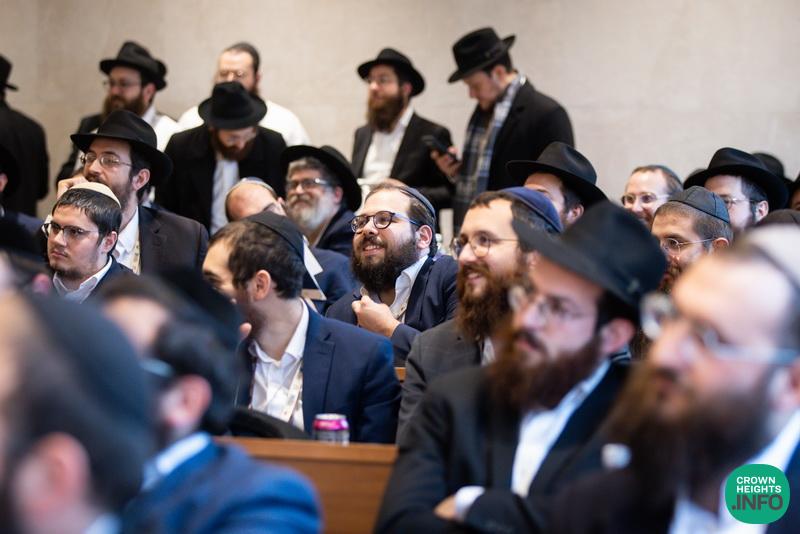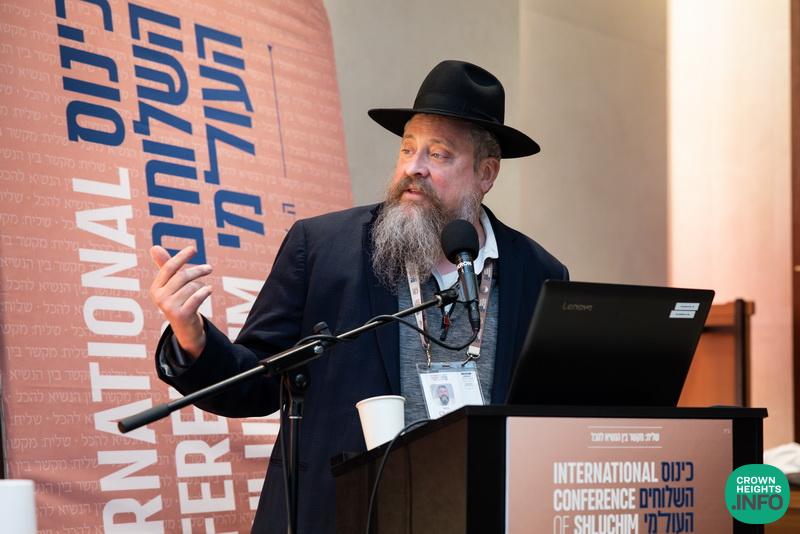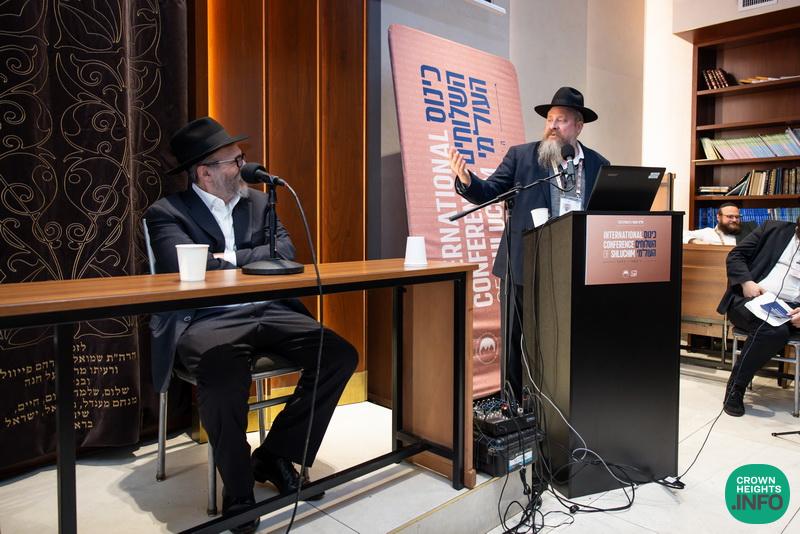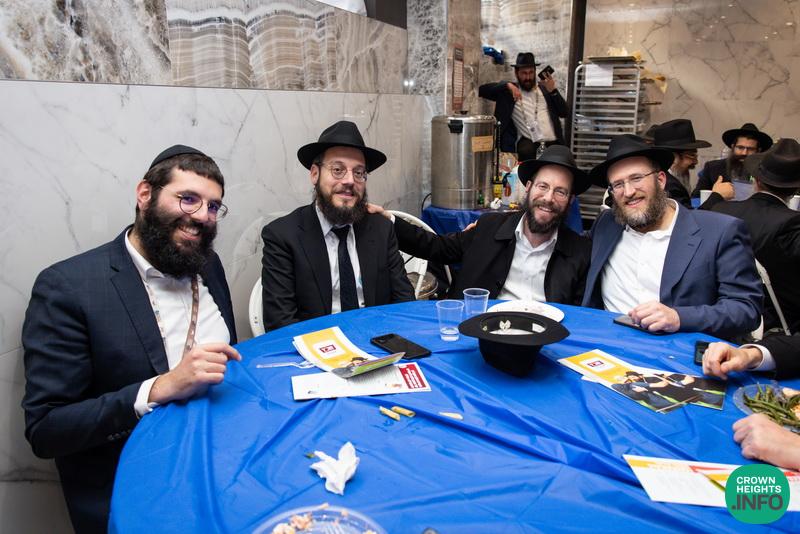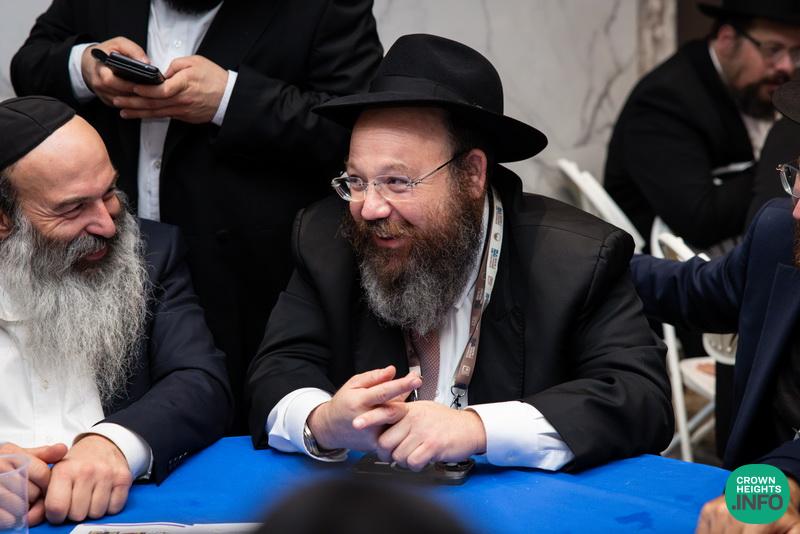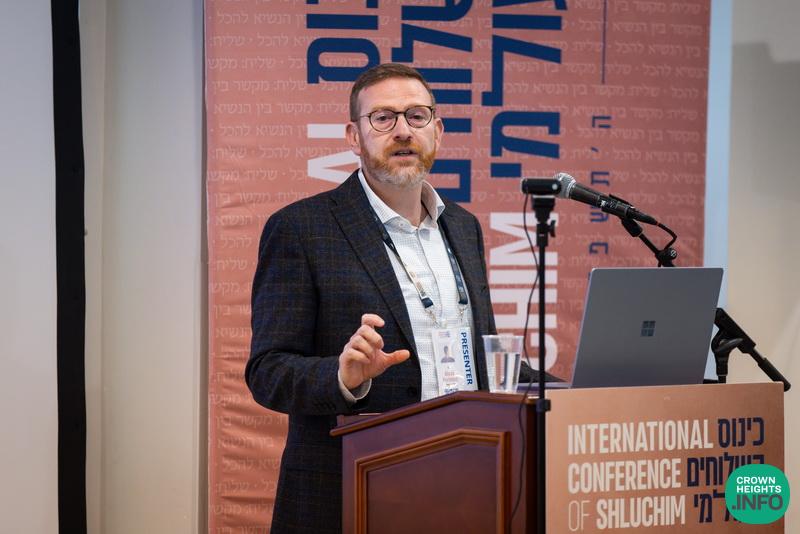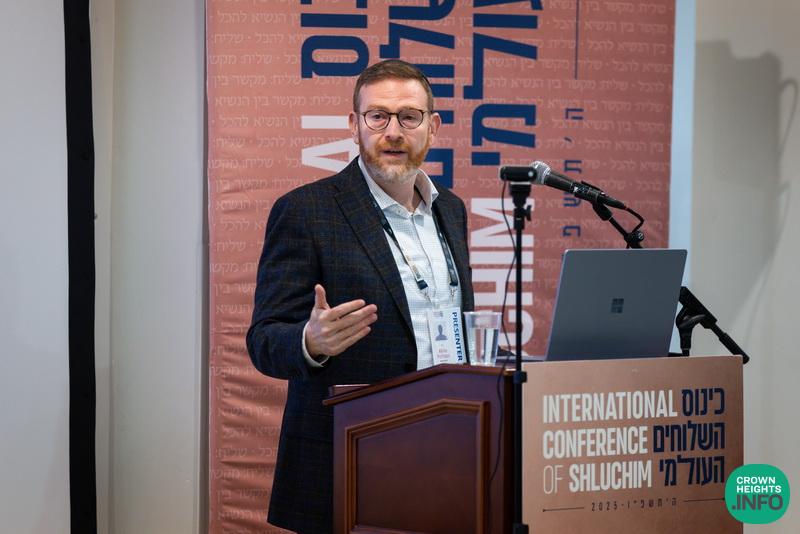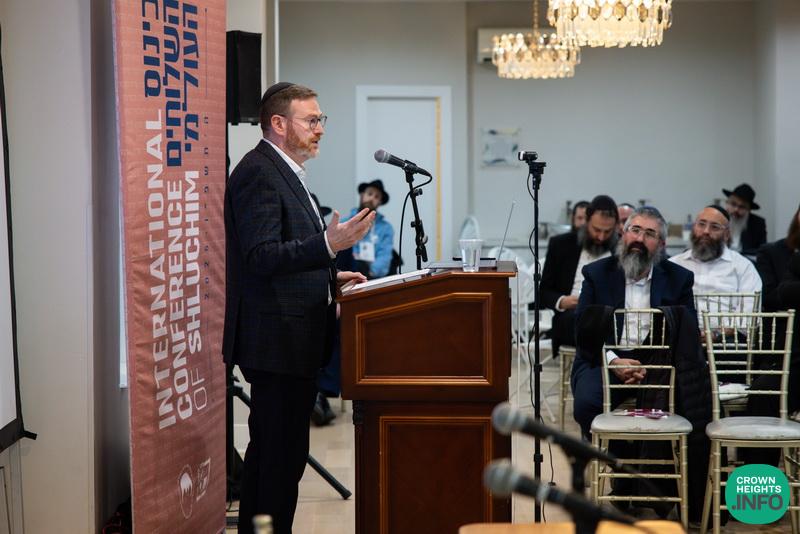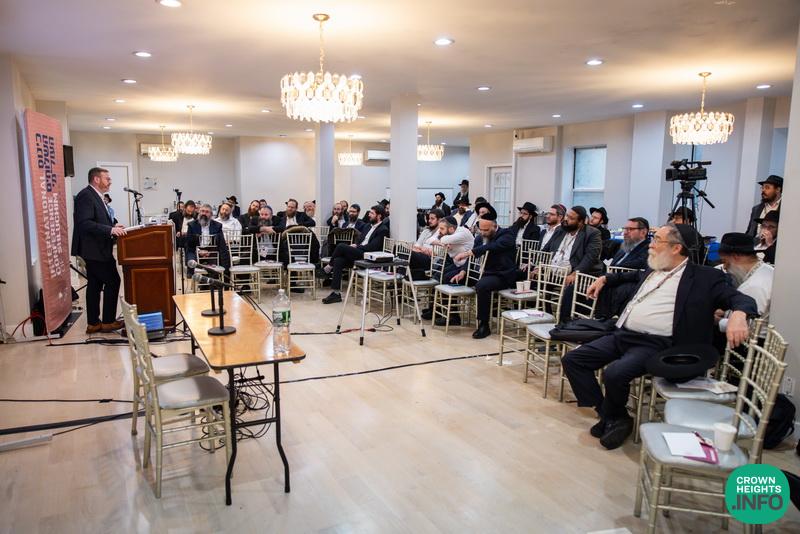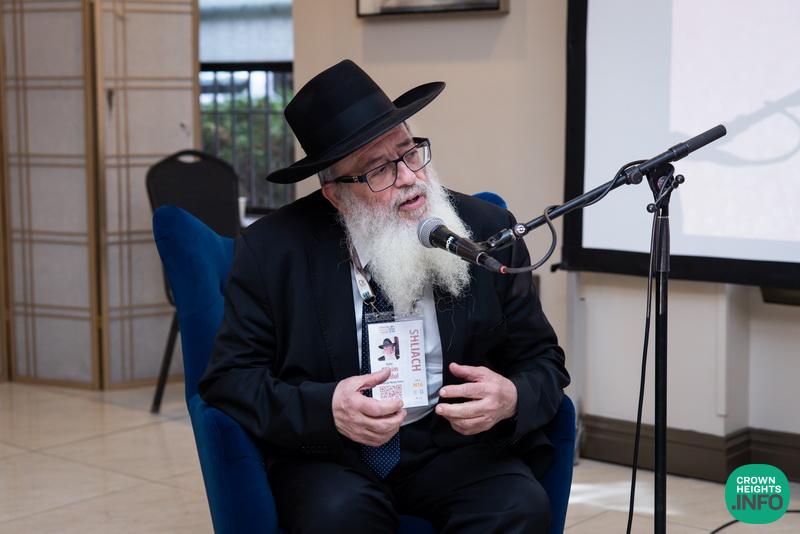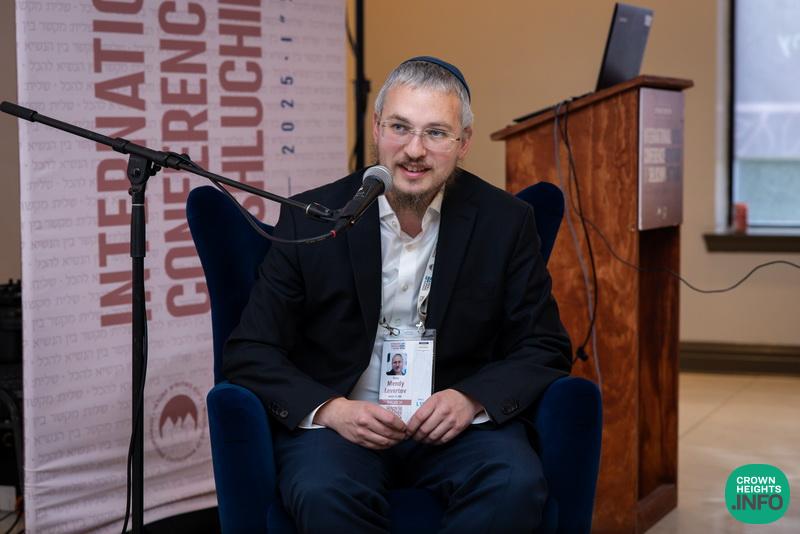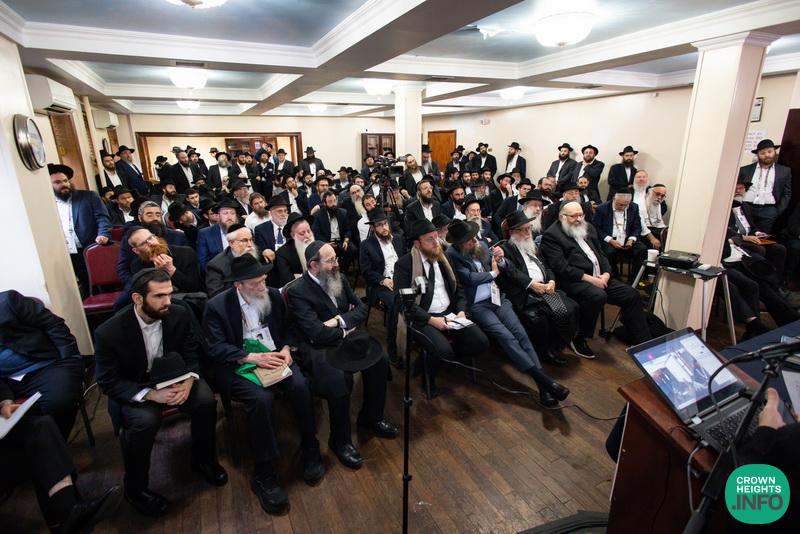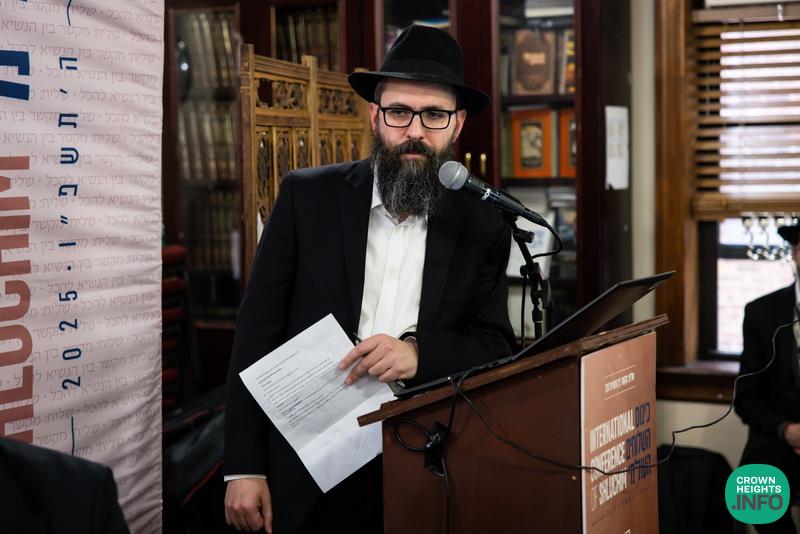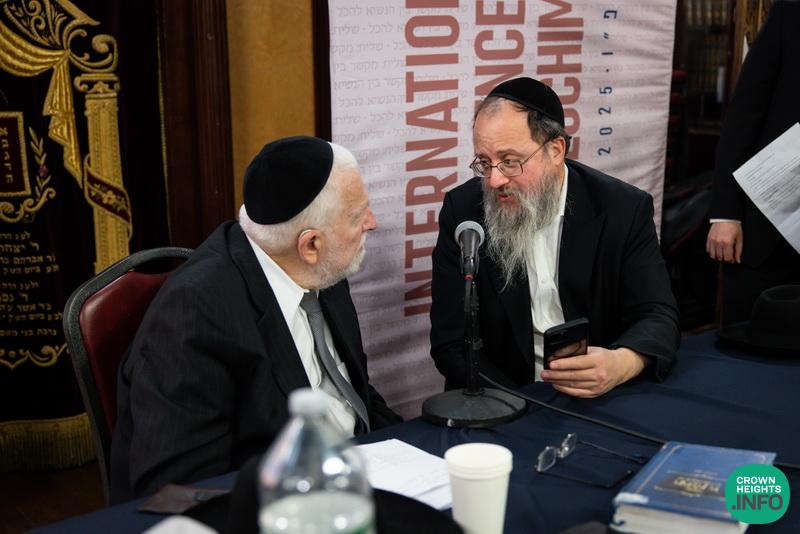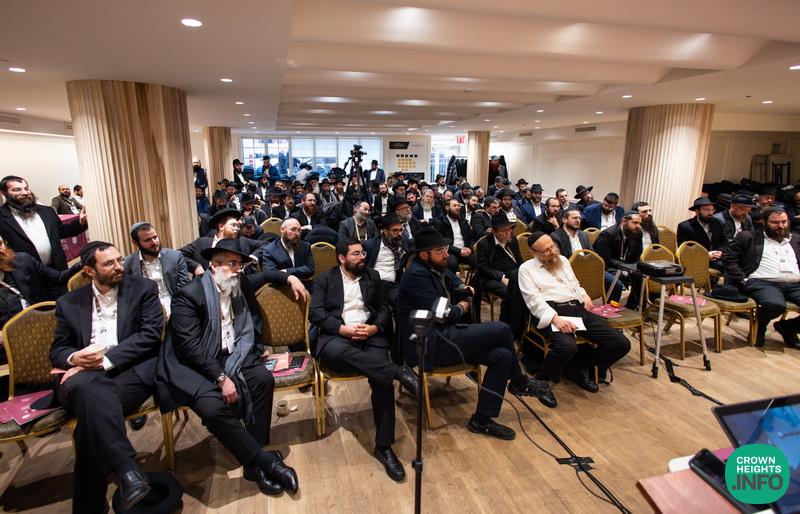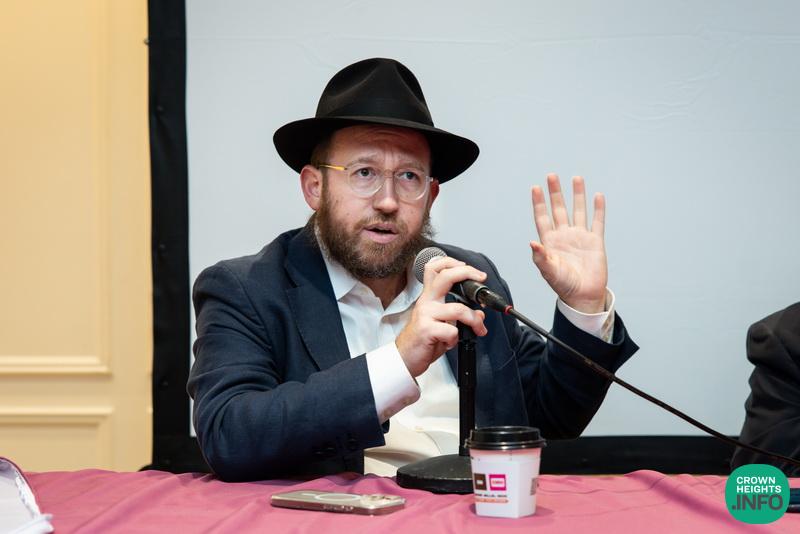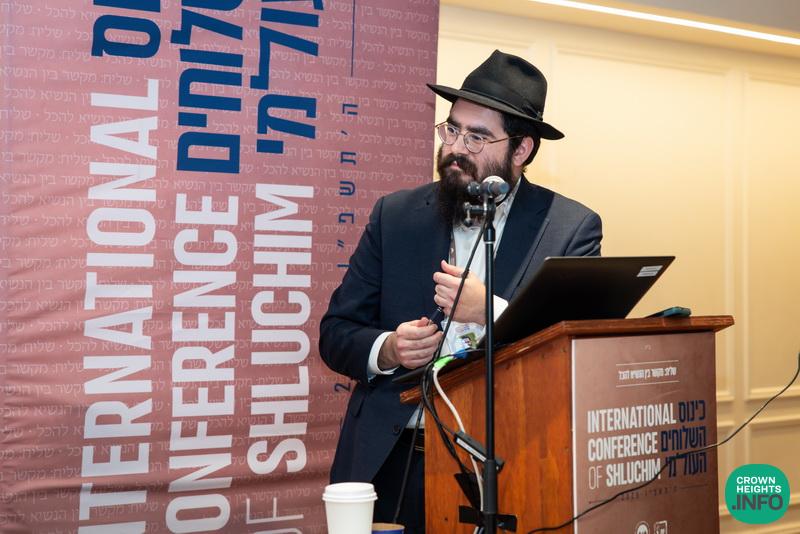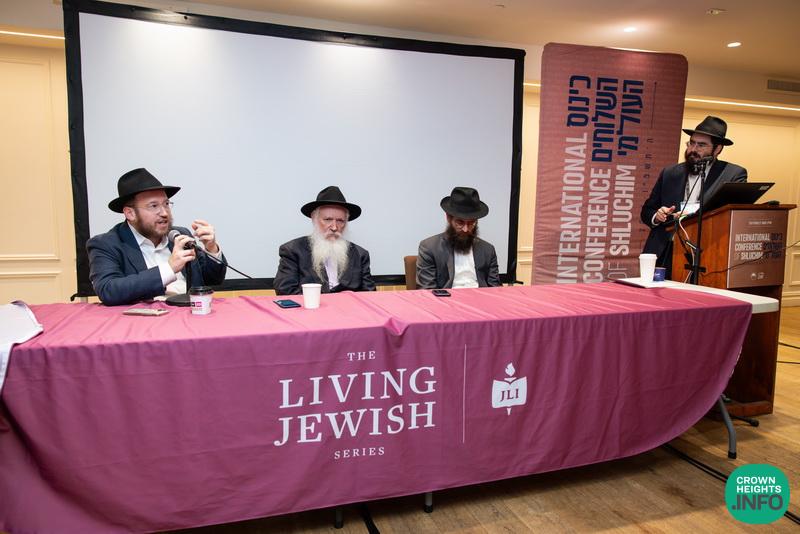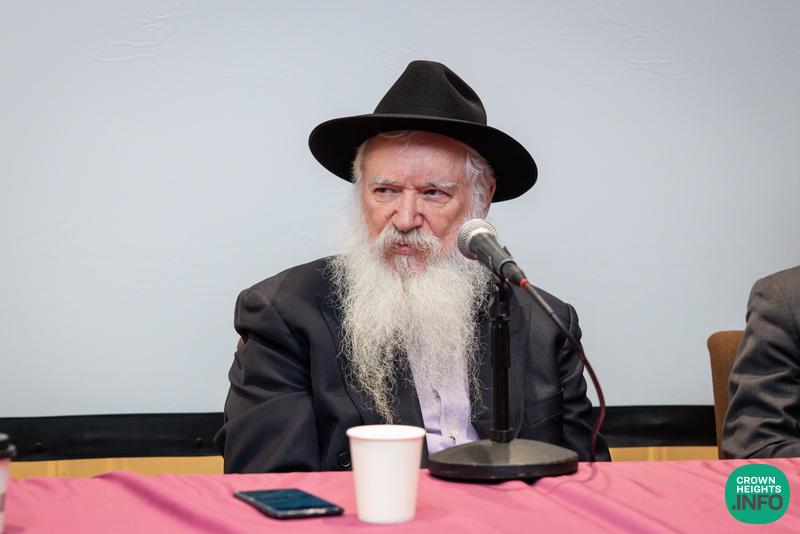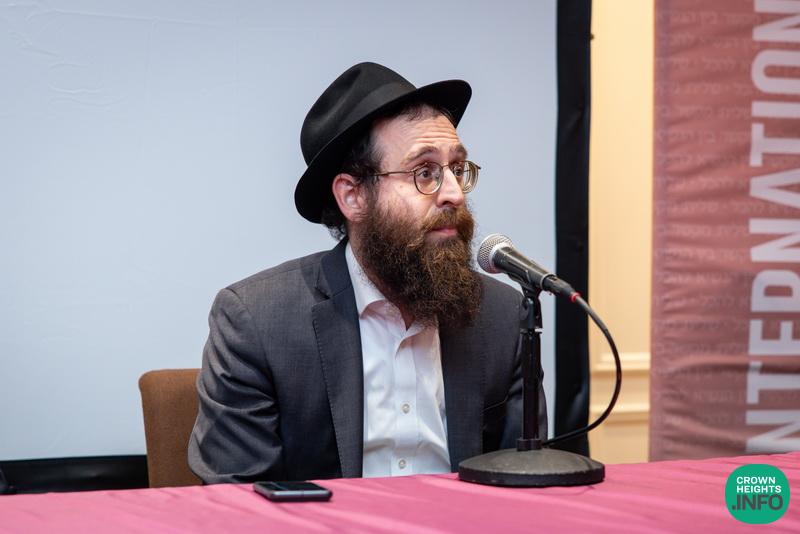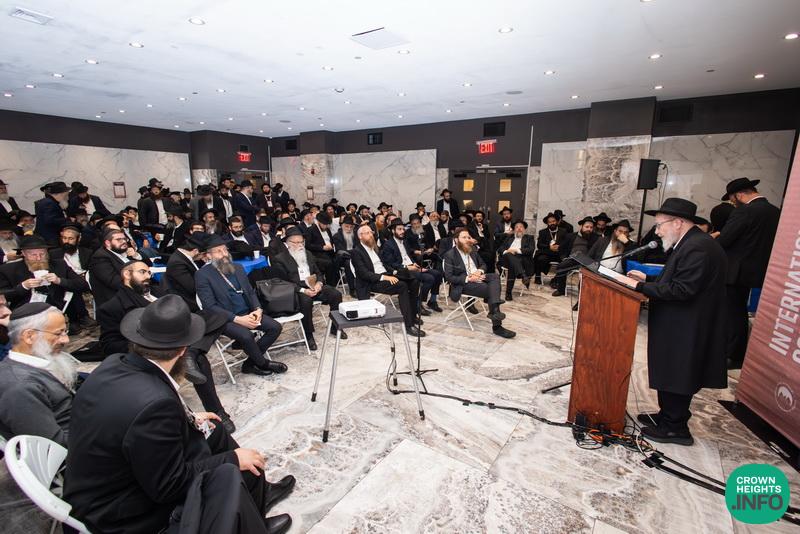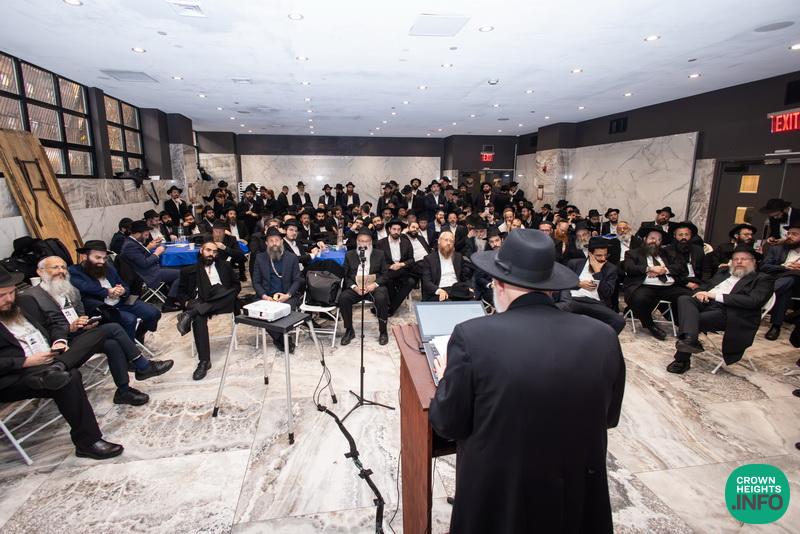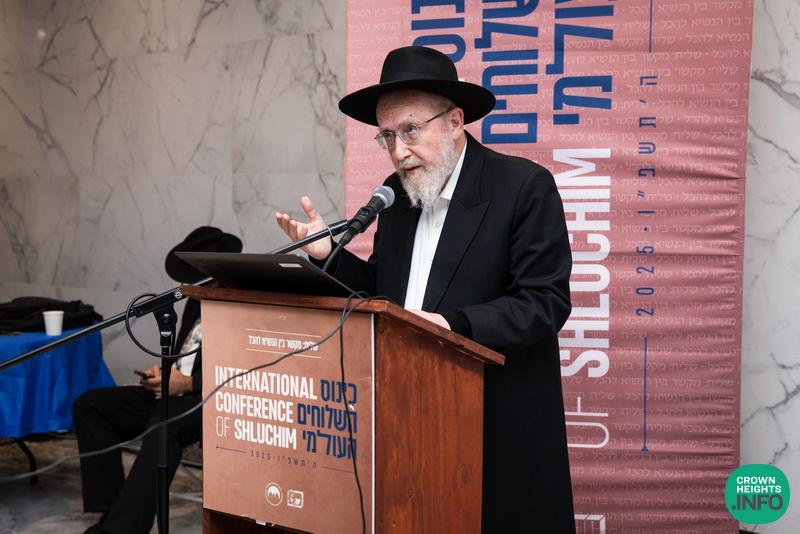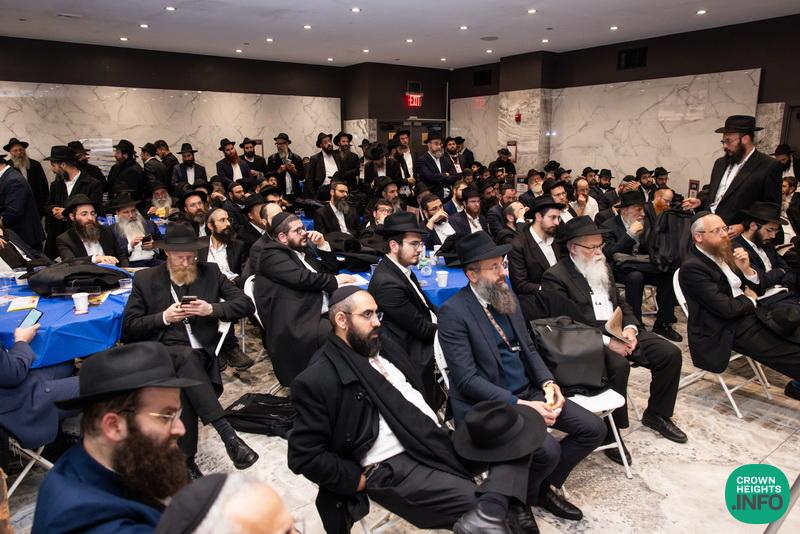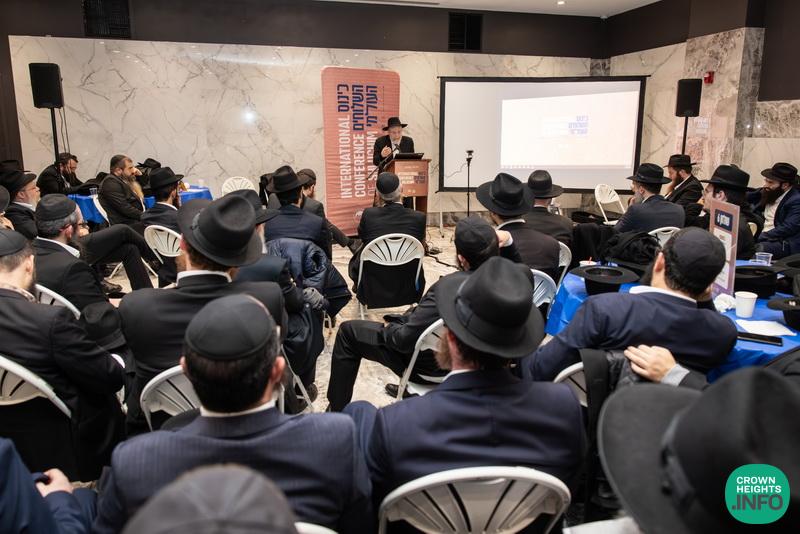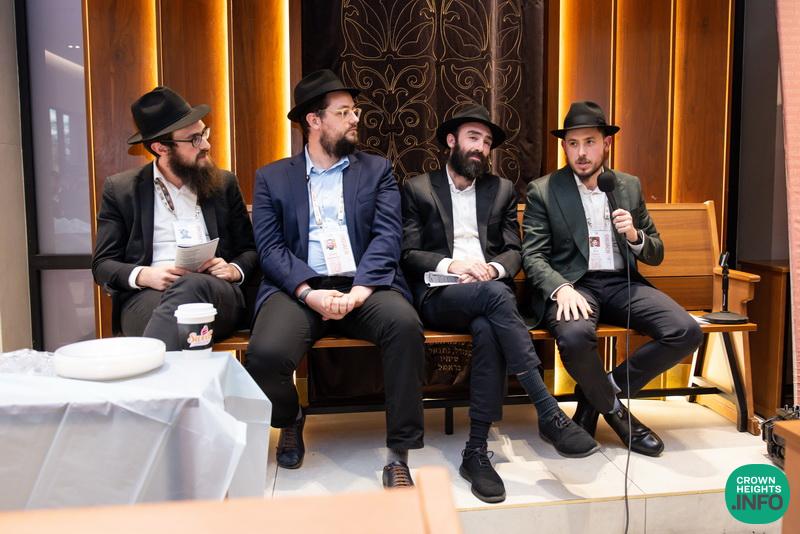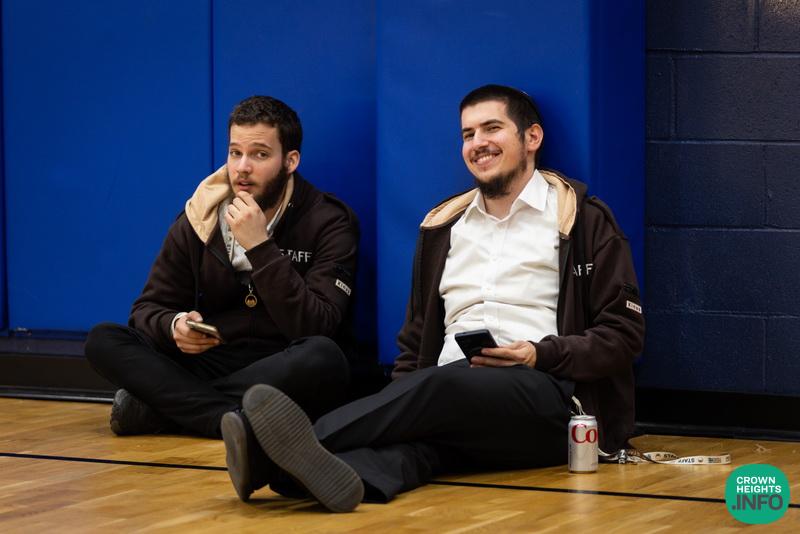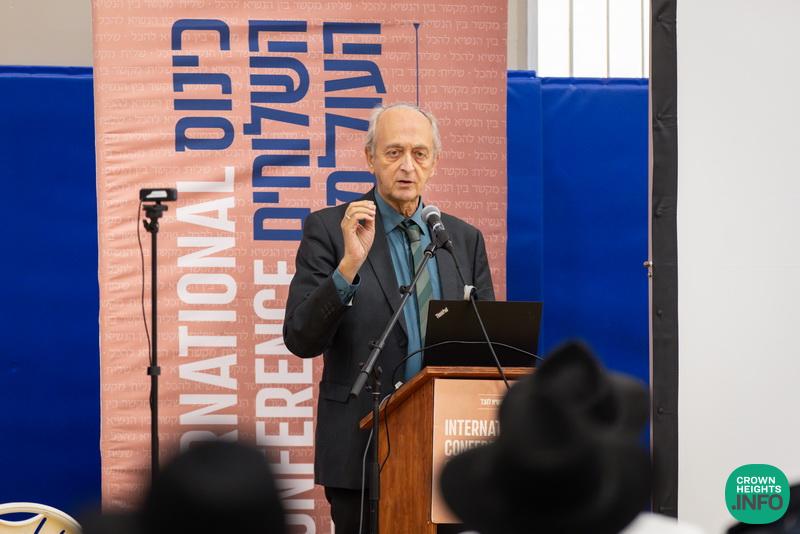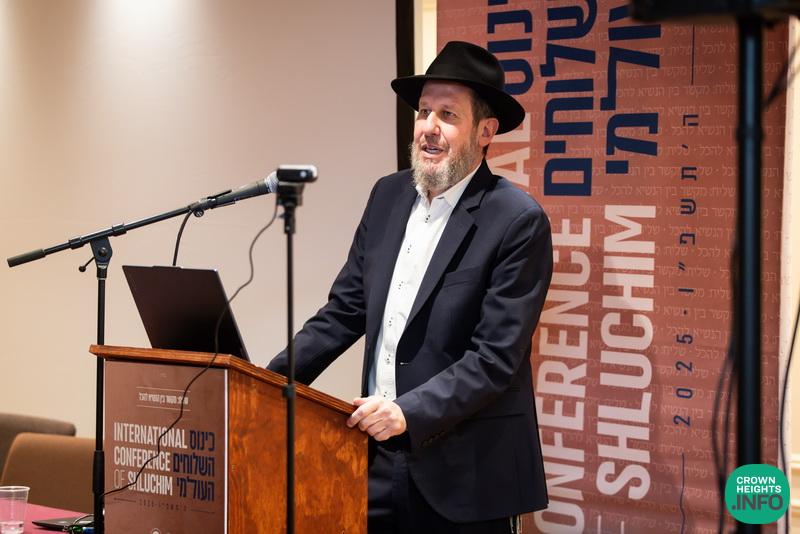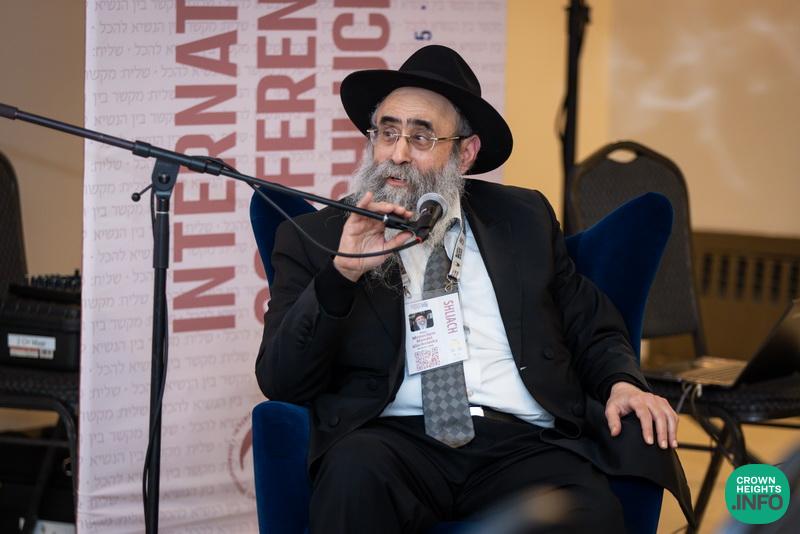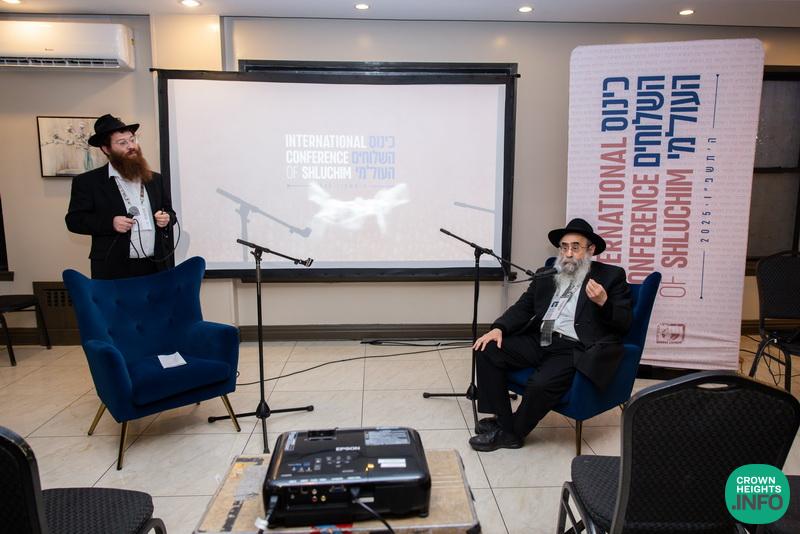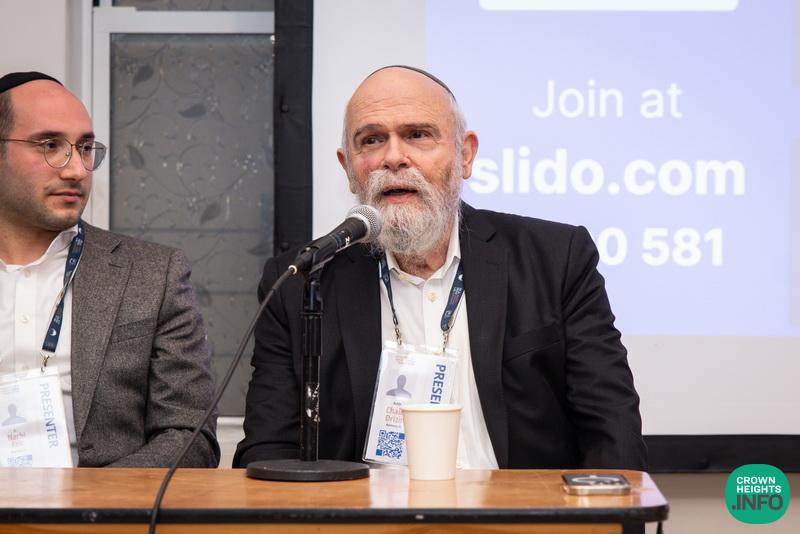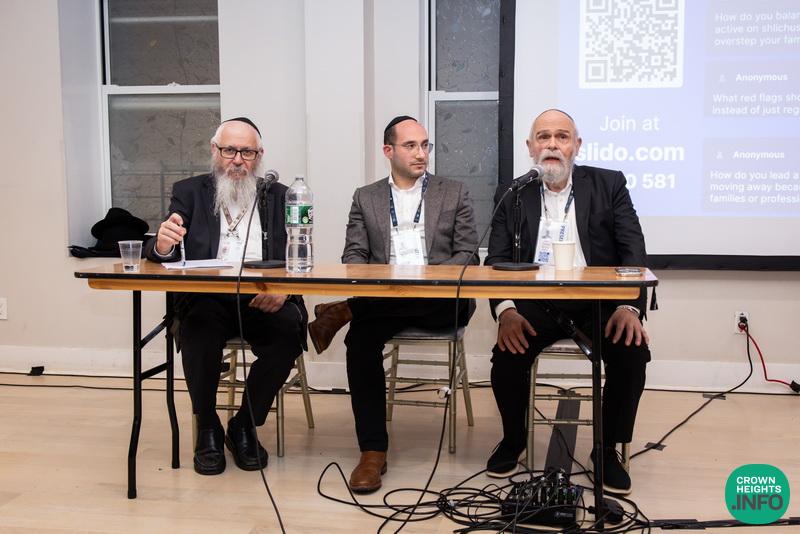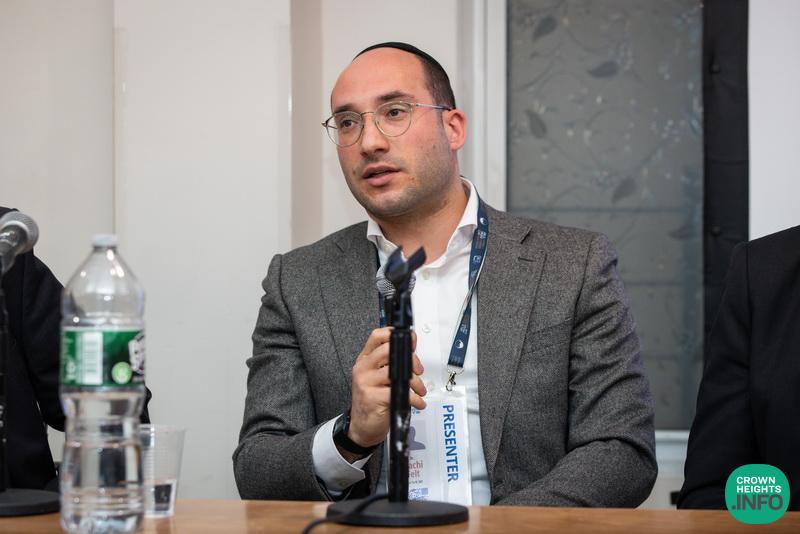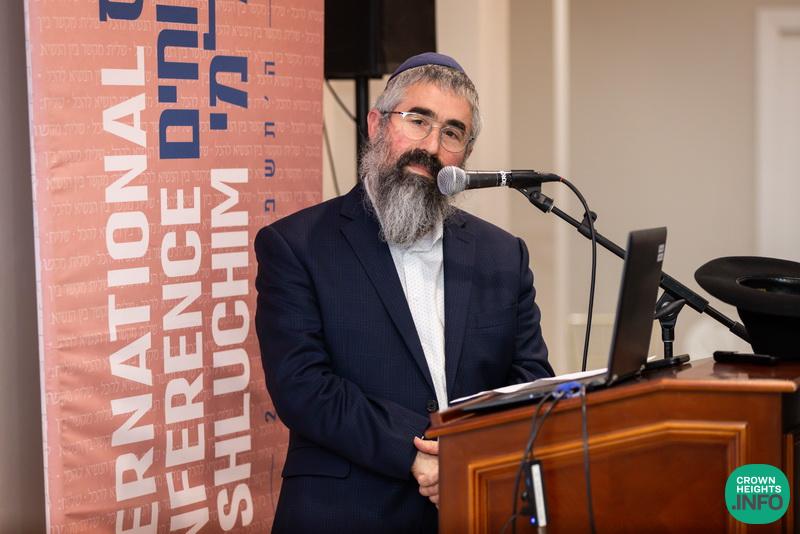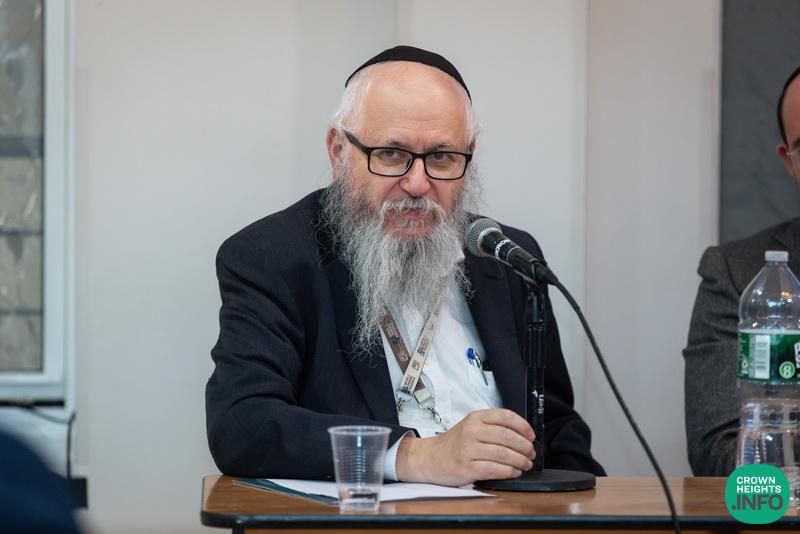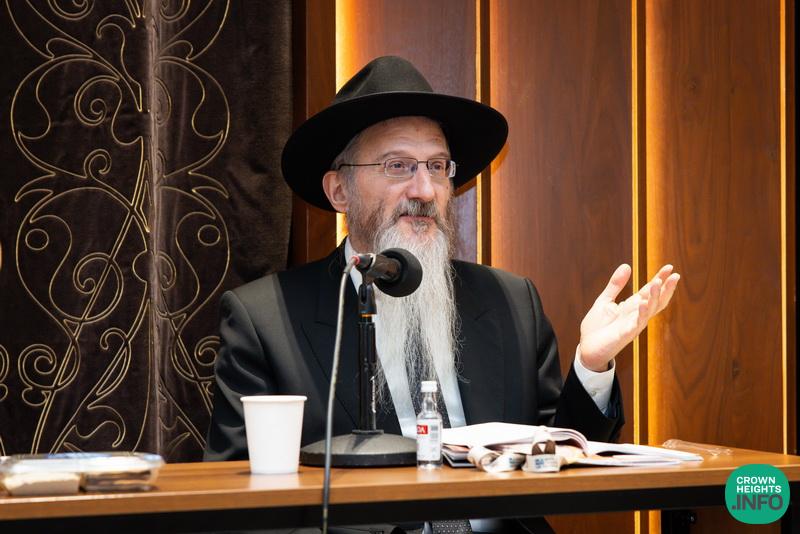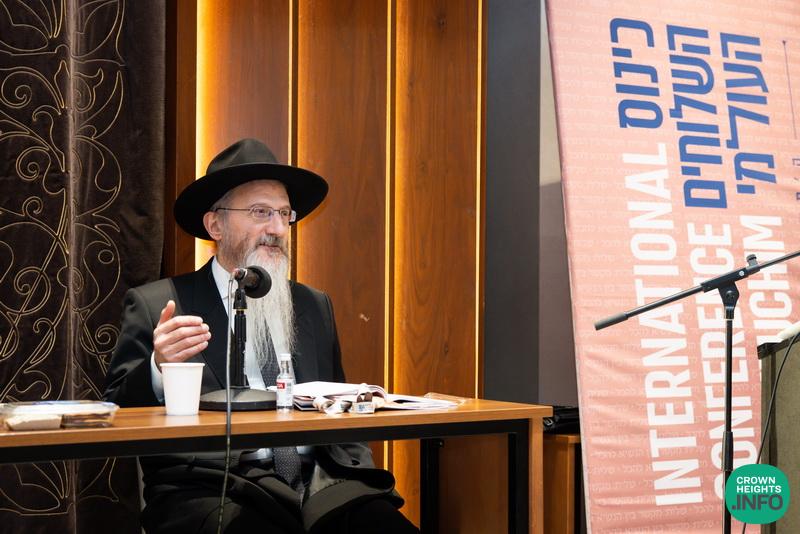
Kinus Hashluchim 5786: Workshops Equip Shluchim With Revolutionary Tools for Real-World Challenges
For Rabbi Menachem Wolf, who recently moved with his family to Richmond, British Columbia, the first months can be a lot. Fundraising, creating programs, and managing admin work, all while balancing family responsibilities, can feel burdensome for a young shliach just finding his footing.
“I’m drawn to the Kinus for the opportunity to connect back to my roots,” said Rabbi Wolf. “To step back from the day-to-day grind and plug back into the inspiration of the Rebbe’s teachings and the homecoming of being amongst my fellow Shluchim.”
Yesterday’s workshops at the International Conference of Chabad Emissaries in Crown Heights offered Menachem and thousands of fellow shluchim a comprehensive day of camaraderie, learning, and growth. From cutting-edge AI tools to time-tested wisdom from veteran emissaries, it offered them practical strategies and meaningful connections to address their unique challenges and strengthen their vital role in building Jewish infrastructure around the world.
“The shluchim are the Jewish world’s global support system,” said Rabbi Mendy Kotlarsky, Director of the International Conference of Chabad Emissaries. “The Kinus is their nerve center, where strength and vision flow outward to every community, equipping emissaries to meet the moment and fortify Jewish life worldwide.”
New this year, a full-day track titled “AI: The Future Is Now” drew overflow crowds throughout Thursday, as shluchim discovered how artificial intelligence could revolutionize their daily operations while maintaining authentic Jewish values. The goal: to 10x productivity and free up more time in a shliach’s day so they can focus on what matters most. Professor Moshe Koppel from Efrat introduced the first true AI and Chassidus platform during the “Artificial Wisdom” session, demonstrating how AI could unlock structured Torah knowledge in ways previously unimaginable.
During the afternoon’s “Shluchim Share: The Real Breakthrough” session, Rabbi Ephraim Zimmerman of Oro Valley, Arizona, and Rabbi Mendel Lebovics of St. Petersburg, Florida, shared concrete success stories. From creating personalized bar mitzvah learning programs to generating educational materials in multiple languages, the practical applications were immediately evident. Rabbi Simon Jacobson later explored the deeper implications in “AI and Moshiach: The Final Frontier,” examining how Chassidus principles could guide the ethical use of these powerful new tools.
A few blocks away at United Lubavitcher Yeshiva, the Newer Shluchim track addressed the unique challenges of establishing and growing new communities. The day began with an intensive “30 Halachic Questions in 60 Minutes,” where Rabbi Moshe Kesselman and Rabbi Tuvia Kasimov delivered rapid-fire guidance on the most pressing questions young emissaries face daily, from kashrus concerns to Taharas Hamishpacha questions and beyond.
The young shluchim’s “power talks” featured seven-minute presentations from shluchim in the field, each sharing actionable strategies. Rabbi Yossi Lipskier of Sherman Oaks demonstrated building a Torah study culture, while Rabbi Levi Harlig of Las Vegas addressed the crucial balance between family, programs, and learning. The track culminated with Rabbi Berel Lazar, Shliach and chief Rabbi of Russia, leading a candid conversation on “Navigating the Shlichus Journey,” sharing insights from decades of building a thriving network in a country where Yiddishkeit had been silenced for generations.
“As our community continues to grow, I am always looking for new ways to expand and deepen our impact,” shares Rabbi Shneur Wolfman of Chabad of Moon Valley & Grand Canyon University. “Talking to other shluchim and exchanging stories inspires me and opens my eyes to what’s possible. It pushes me to dream bigger and reminds me how much potential our own community has.”
At the new CTeen Lounge storefront on Kingston Ave, the Teen Impact track introduced a revolutionary concept: Independent CTeen Shlichus. This new frontier addresses a critical need, as Jewish teens face increasing challenges in school and online, they’re turning to their CTeen Chapters for community, belonging, and purpose.
The Contemporary Halacha track at Bais Levi Yitzchok featured prominent Rabbanim, including Rabbi Herschel Schachter, Rosh Yeshiva of RIETS, leading intensive sessions on modern halachic challenges. Shluchim received clear direction for navigating the intricate questions arising in their communities today.
Meanwhile, the Wellness track at Ulam Chana, confronted often-unspoken challenges facing Jewish communities. Shluchim are often the first ones community members turn to when facing emotional struggles. This workshop gave them the tools, language, and guidance they need to support others with sensitivity and confidence.
At Getzel’s Shul, the “Leading Leaders track” explored successful models of regional collaboration, with Rabbi Berel Lazar and Rabbi Tzvi Grunblatt of Buenos Aires sharing strategies for fostering harmony and sustainable growth across regions.
As workshops concluded with focused farbrengens for each track, the Shluchim carried forward not just new techniques, but strengthened each other spiritually and emotionally.
“For me, the farbrengen is everything,” said Rabbi Laivy Mochkin, who moved with his family to Geneseo, New York, this year to launch Chabad on Campus at SUNY Geneseo. “In a town with no religious infrastructure, it’s my one chance to sit with other Shluchim and just be part of that energy.”
For Rabbis Wolf, Wolfman, and Mochkin, and the thousands of shluchim now heading back to their posts in 110 countries, they return with powerful tools to amplify their impact, and the unshakeable knowledge that no matter how remote their location, they’re part of something far greater than themselves.
Photo Credit: Itzik Belenitzki/Kinus.com
